Back when I read that post in 2014, the first thing I thought of, of course, was this page from Herge's The Shooting Star, one of my favourite pages in all the Tintin books, a picture gallery featuring a bunch of white European men who have been chosen to lead a scholarly expedition (along with Tintin, Snowy and Captain Haddock). This kind of confirms the stereotype.
| For what it's worth, here's what I could come up with: 1. Woo Eubong in Maureen F. McHugh's amazing 1992 sci-fi novel China Mountain Zhang. Without giving away too much, I'll just say this story envisions a not-too-distant future in which the highest standard of living - and educating - is to be found in China. Woo Eubong, who holds the rarified position of "organic engineer," is not only an intelligent and skilled professor, she's a compassionate and patient woman, who also happens to be a wife and a mother, too. In the story, we learn that she, too, was mentored in her profession by a woman. And the student she's teaching is a gay man. So I have to give this book full marks for featuring academics from a few unsung categories. (And, it's just such a good book.) |
A Google search led me to this photographic envisioning of Mrs. Olinski, so in hopes that the author of the page won't mind, I'll put it in here.
| (As far as female educators go, in books about younger children, there are lots - ranging from the talented and tragic Miss Honey of "Matilda," which might actually be the only one of Roald Dahl's wonderful books that actually offends me, the charming Miss Honey notwithstanding)... | - to the pitiful Miss Wilder of Laura Ingalls Wilder's "Little House" books. Anyway, though, I digress.) |
| 5. There simply must be somebody somewhere in the giant stereotype-busting oeuvre of Diana Wynne Jones. "Witch Week," a book which I'm sure had some influence on the Harry Potter series, features a boarding school full of teachers, some male, some female (and not all great role models). Again, though, these aren't post-secondary teachers. The Dalemark series (one of which pictured here), a fantasy quartet, features a young lady who runs away from home to study law - at a school where, presumably, some of the teachers are women (maybe?) And the series that starts with "Dark Lord of Derkholm" ends up with a novel set a university, where some of the students are not humans, but griffins... so that leaves a lot of room to include any marginalized, underrepresented, non-traditional characters you like, I'd say. |
| 6. We also have Noel Streatfeild's revered, respected, awe-inspiring ballet teachers, i.e. Madame Fidolia, who appear in several of her novels ("Ballet Shoes" and "Apple Bough," for example). However, legndary as these ladies are, academics they presumably are not. |
| 7. This brings me to the children who populate "The Alley" in Eleanor Estes' book of the same title, and its sequel, "The Tunnel of Hugsy Goode." They are all children of academics who work at the nearby Grandby College. Here, as elsewhere in Estes' work ("Ginger Pye," for example), academic parents have a highly positive connotation. However, are any of those academics women? Not in "Ginger Pye" (pictured here: "Call in Mr. Pye, the famous bird man!!!") ...and I can't find my copy of "The Alley." Maybe??? But "The Alley" was published in 1964, so I don't have high hopes. |
In case you're wondering who ended up looking after the little Castles - please indulge my including what may be a couple of my absolute favourite illustrations in all of children's literature: a two-page spread that lays out a tantalizing description of the a day in the life of the Perfect Househusband.
| Let me finsih with one more note about E. L. Konigsburg. Her most famous book, "From the Mixed-Up Files of Mrs. Basil E. Frankweiler" sets up Mrs. Frankweiler as the lady who holds the key to the secrets that are puzzling scientists and scholars from around the world. But instead of joining their ranks and/or getting in touch with them, Mrs. Frankweiler chooses to keep her knowledge secret, sharing it only with Claudia, a young girl who loves the idea of keeping it secret, too. I wonder if this whole situation says something about a general mistrust, at least as reflected in YA fiction, felt by its women characters, for the Academy - and/or vice versa. Mrs. Frankweiler even hides behind her dead husband's name (what's her own Christian name??), but seems content to stay in the shadows with her files and her secrets. (Please tell me that a whole lot of people have already written papers about this.) |
Maybe these fictional women "professors" - the role models, the teachers, the Mrs. Frankweilers, the Tehanus - are out there, in books everywhere - but they just aren't wearing caps and gowns and lecturing at universities. I want to find them all and introduce them to the scholars and get them into the schools (if they want to come). And then I want to sign up for all the classes they would like to teach.
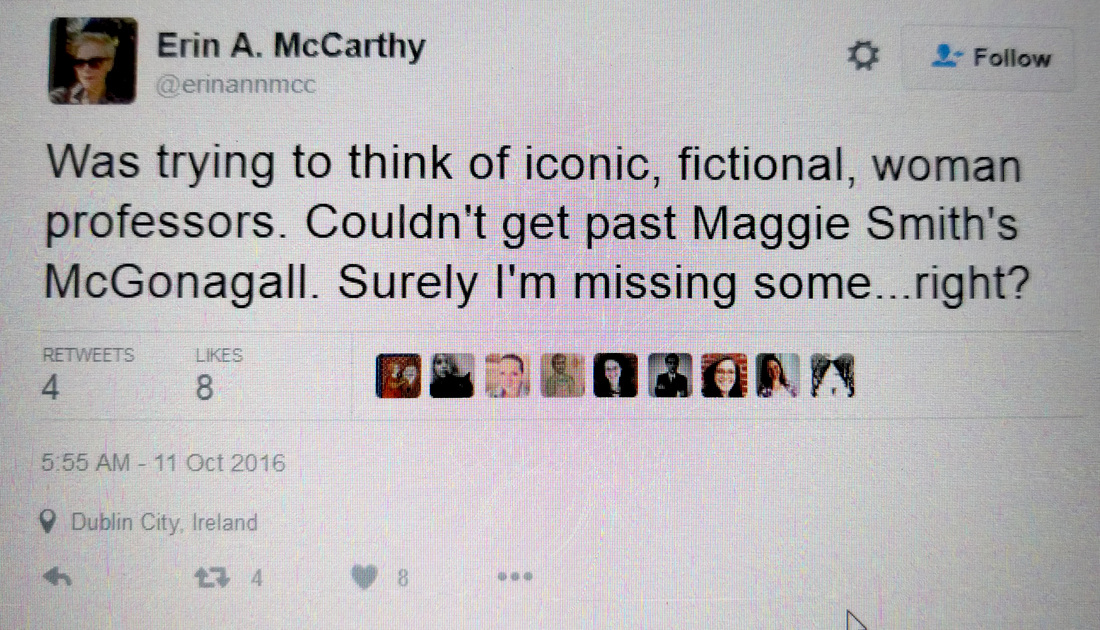
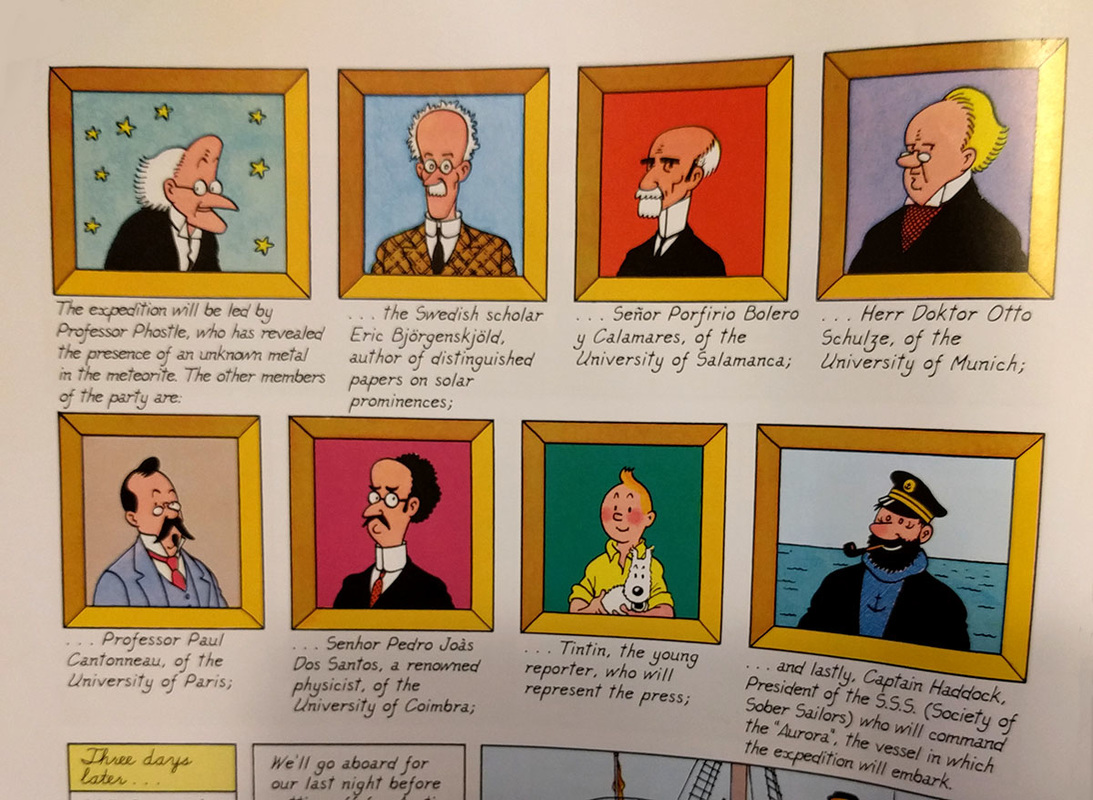
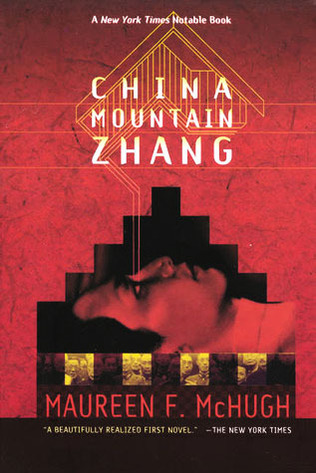
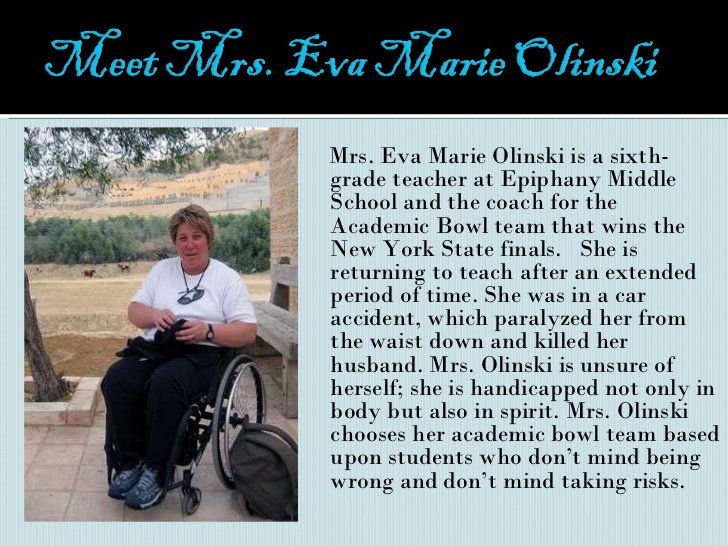
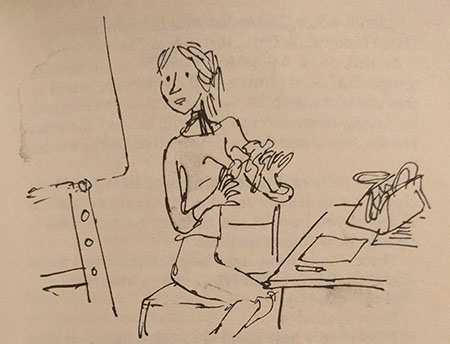
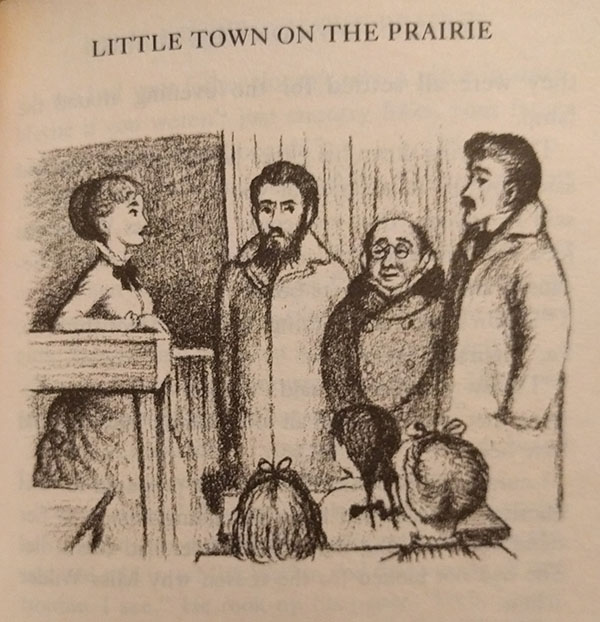
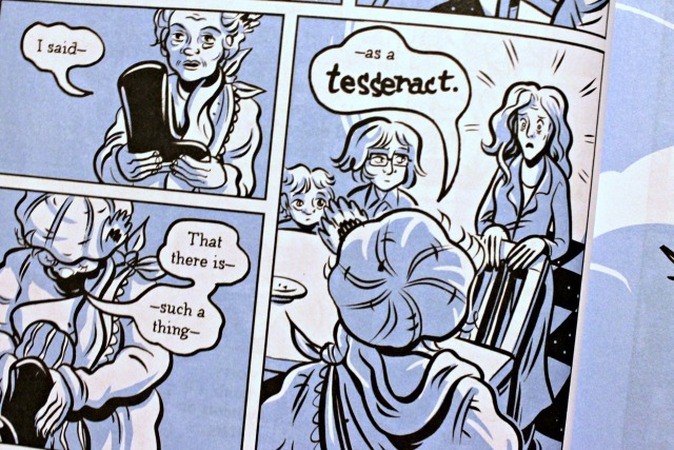
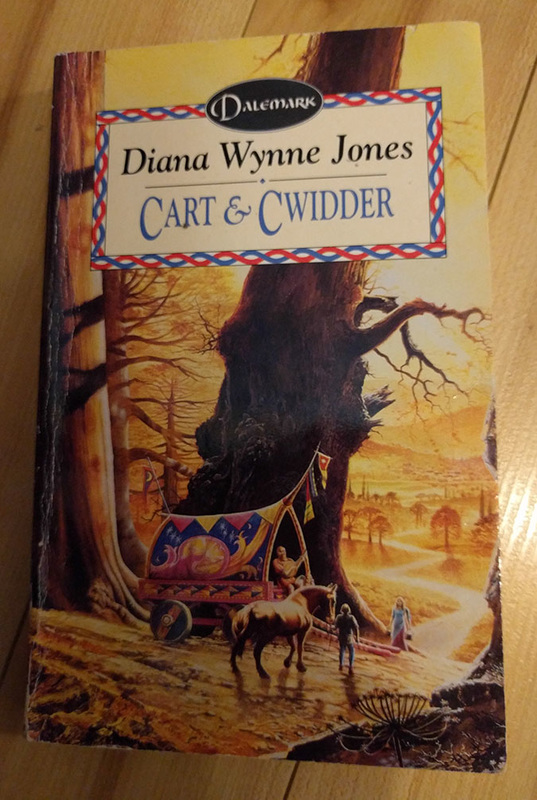
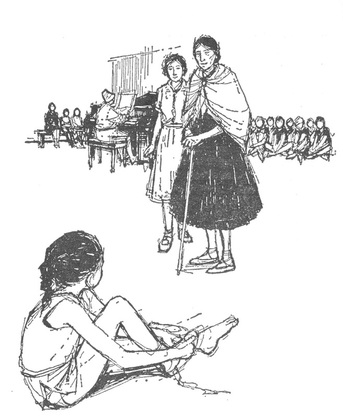
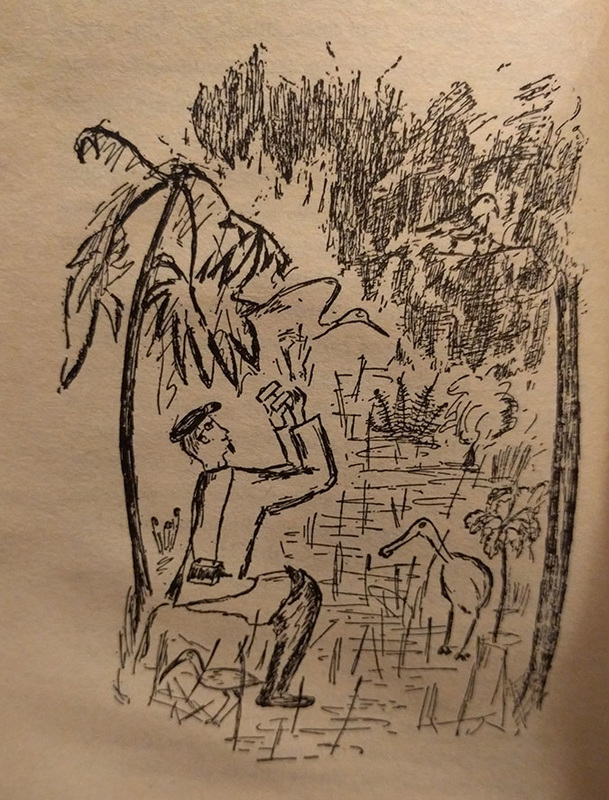
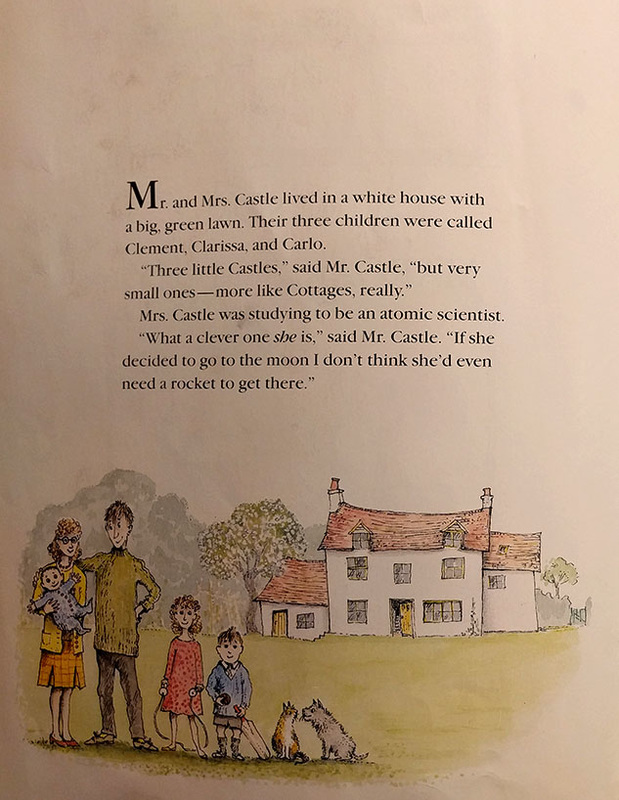
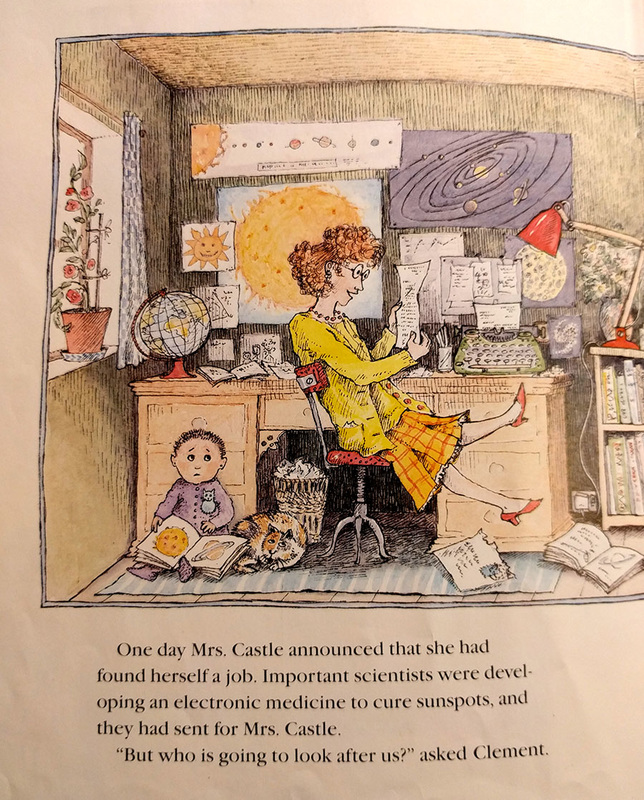
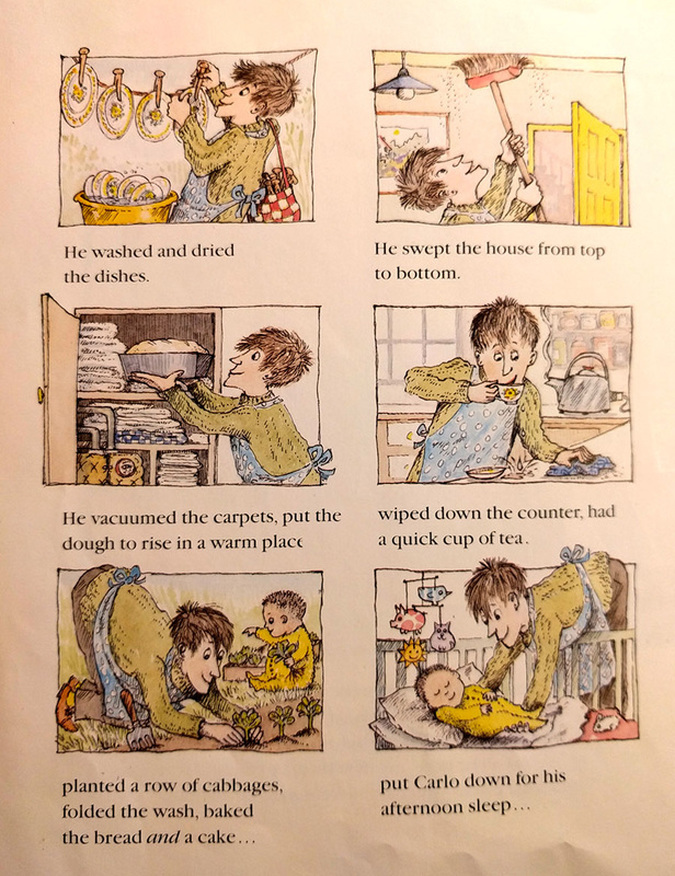
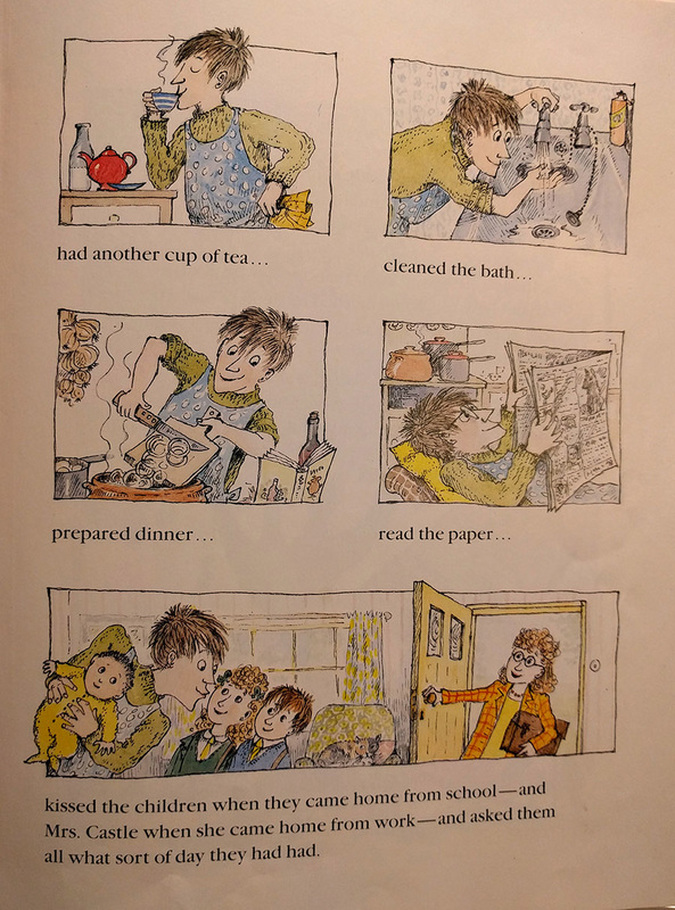
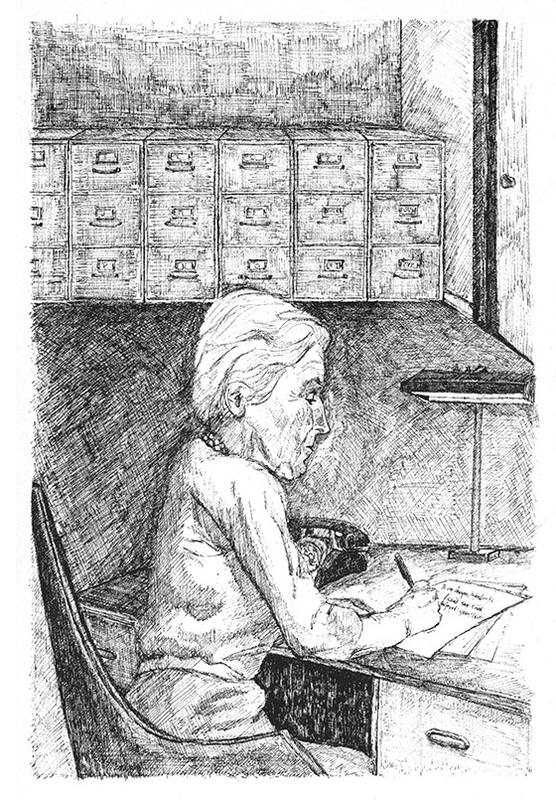
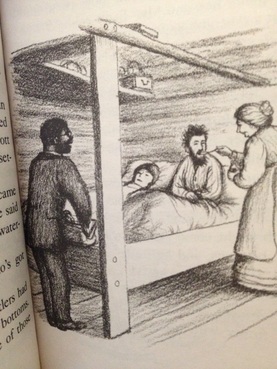
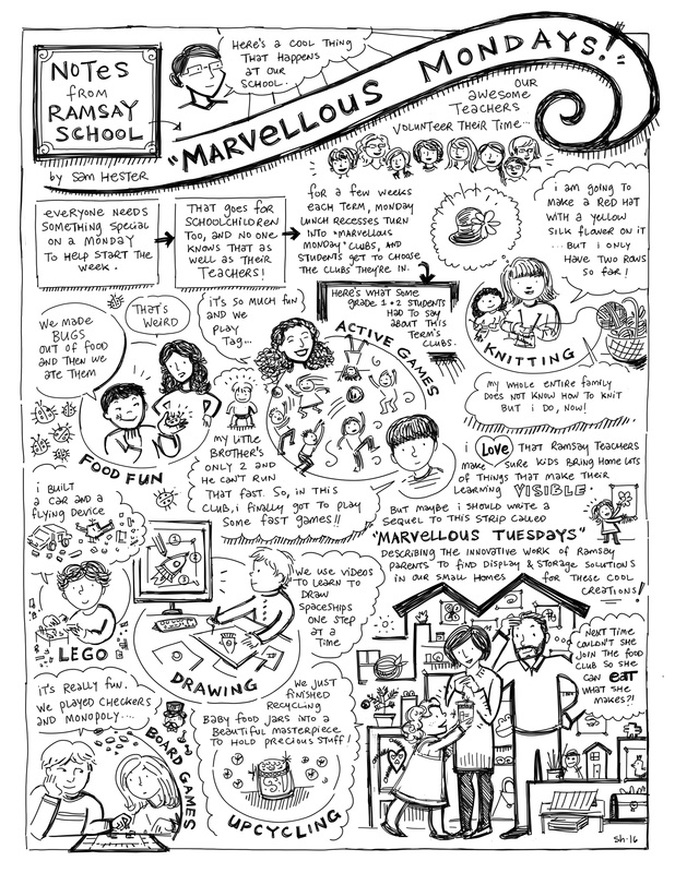
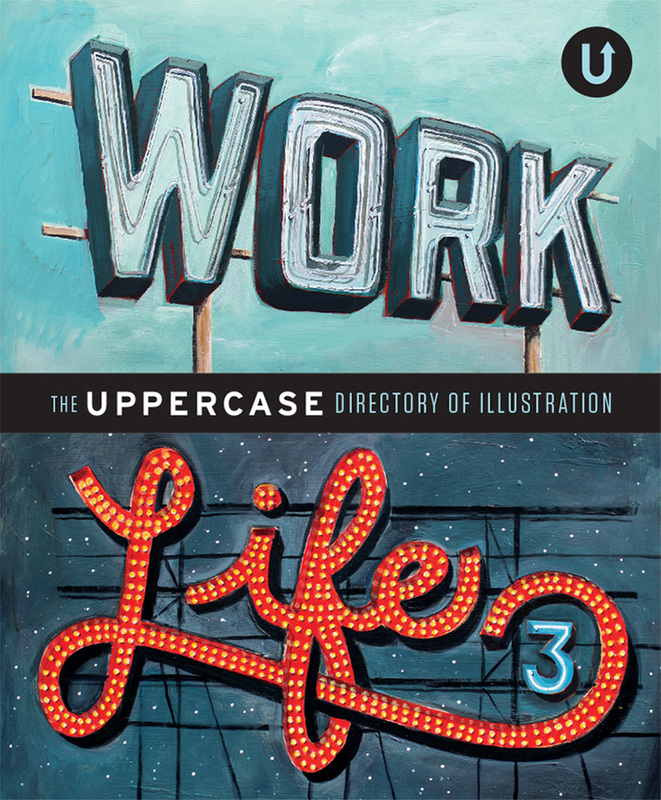
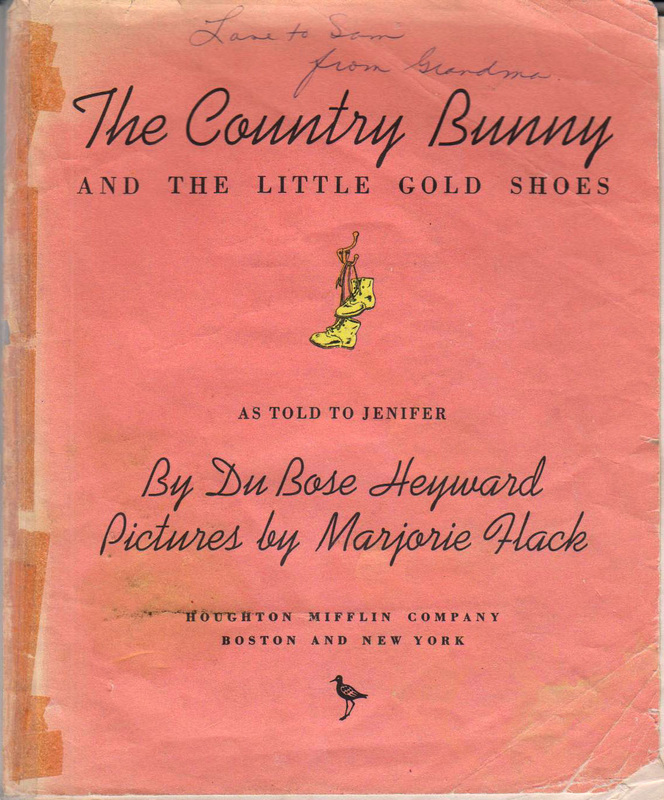
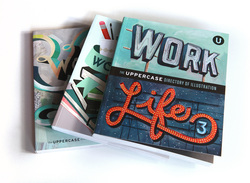

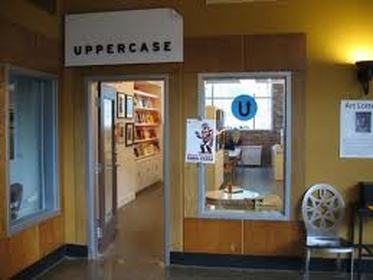
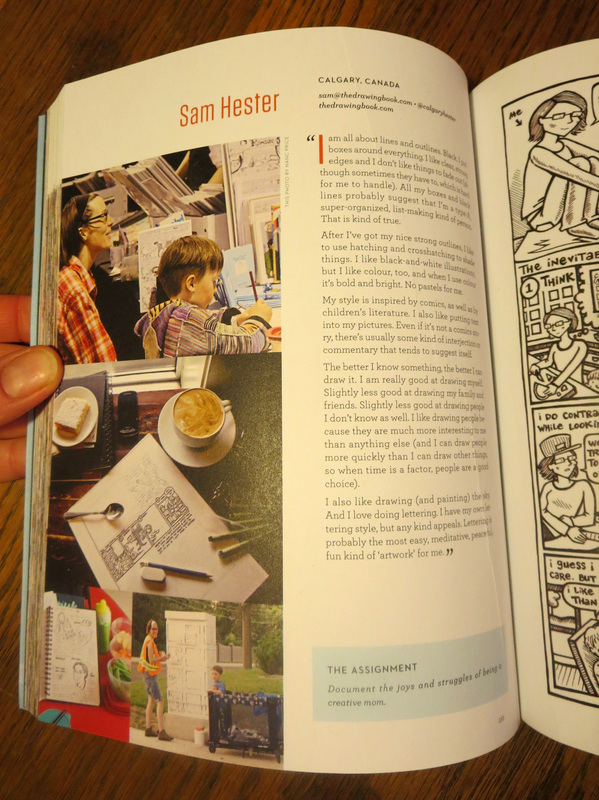
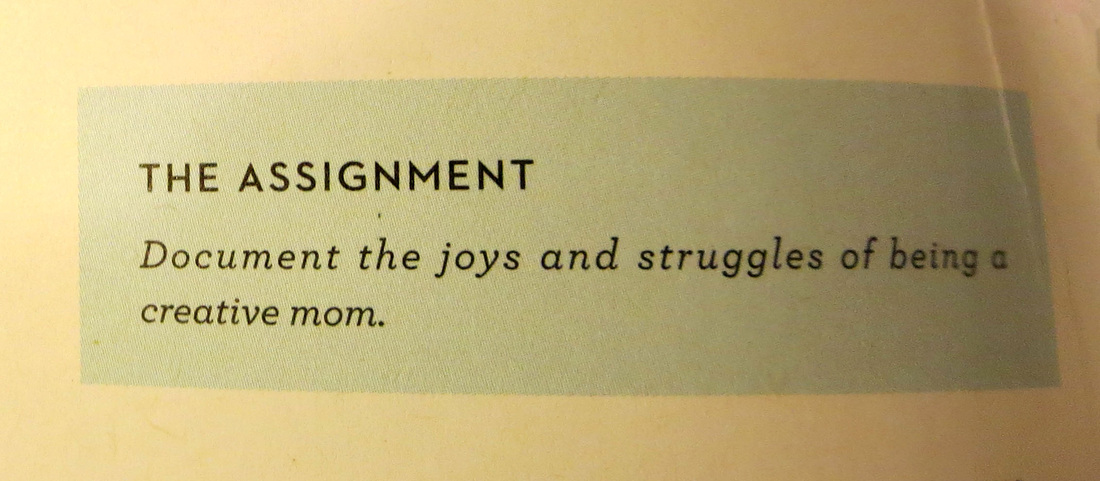
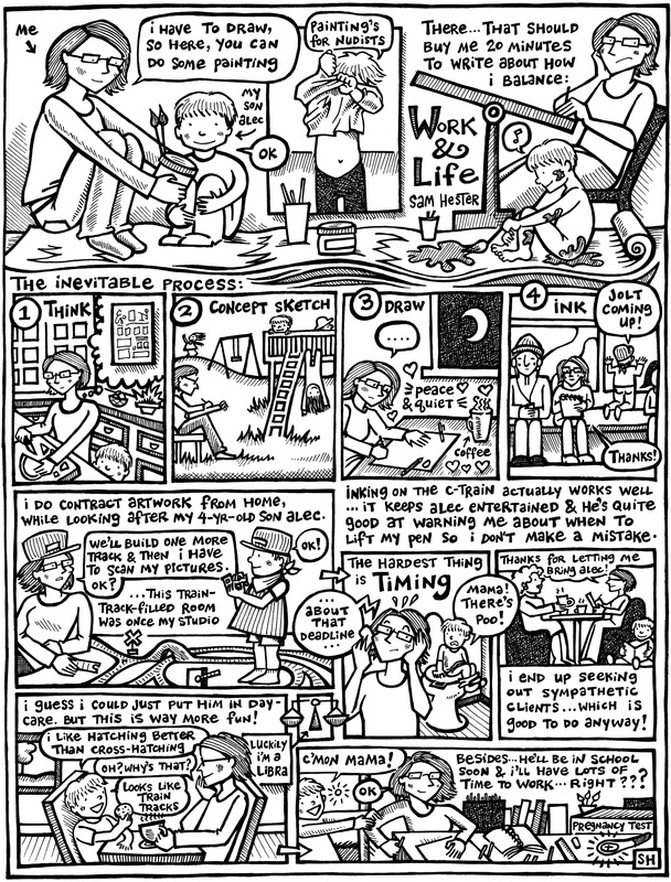
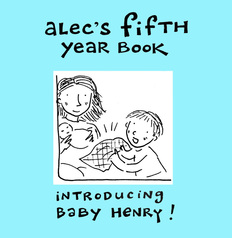
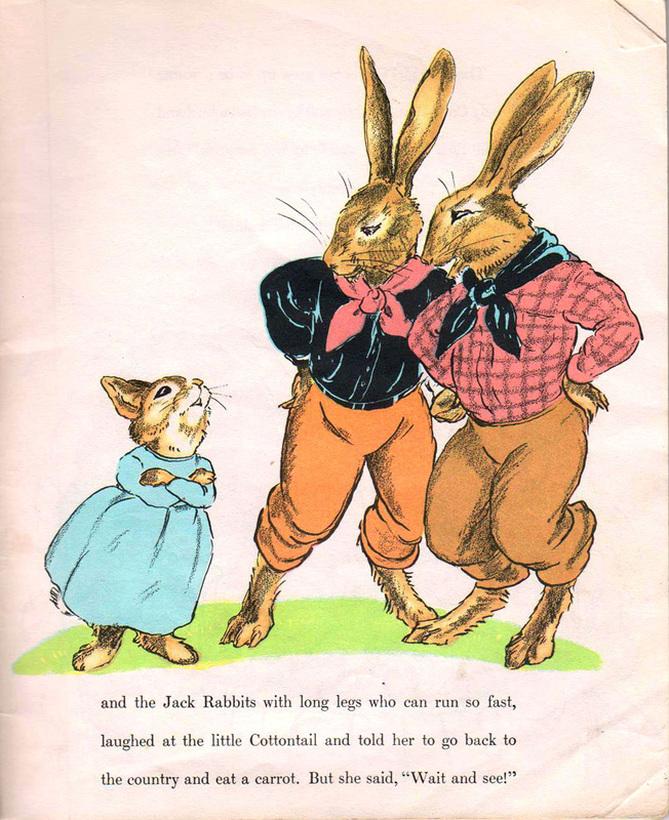
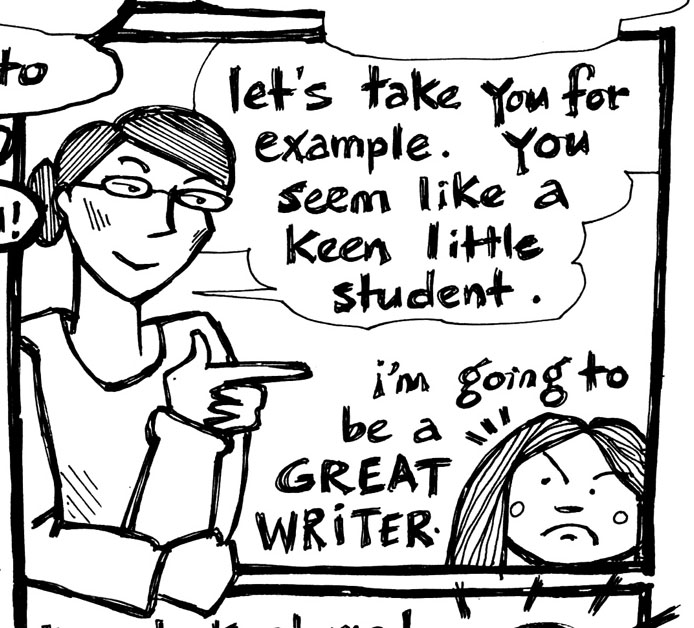
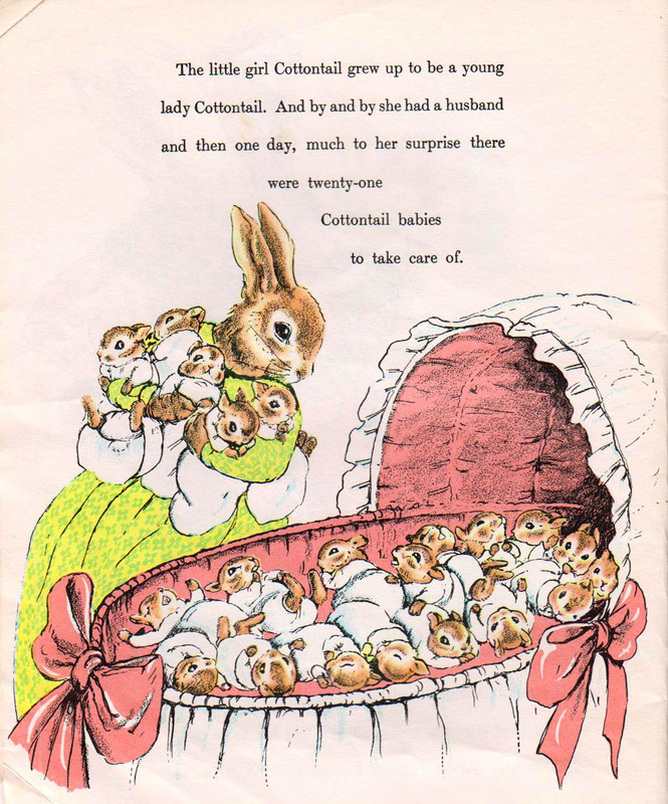
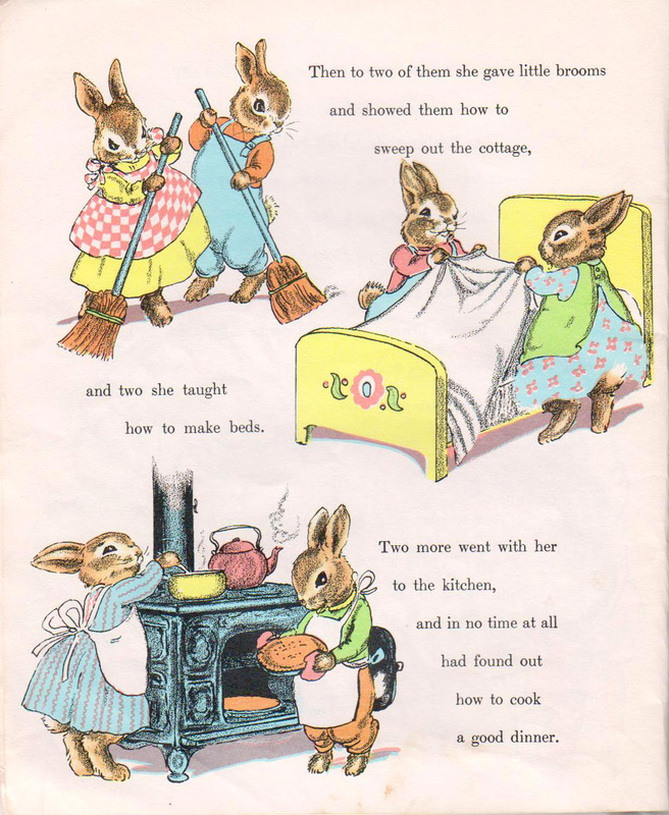
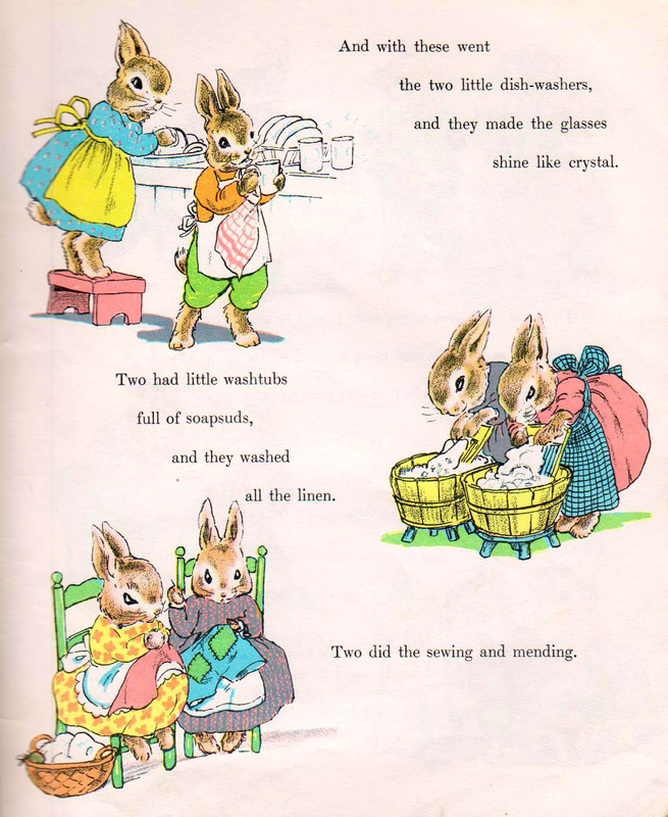
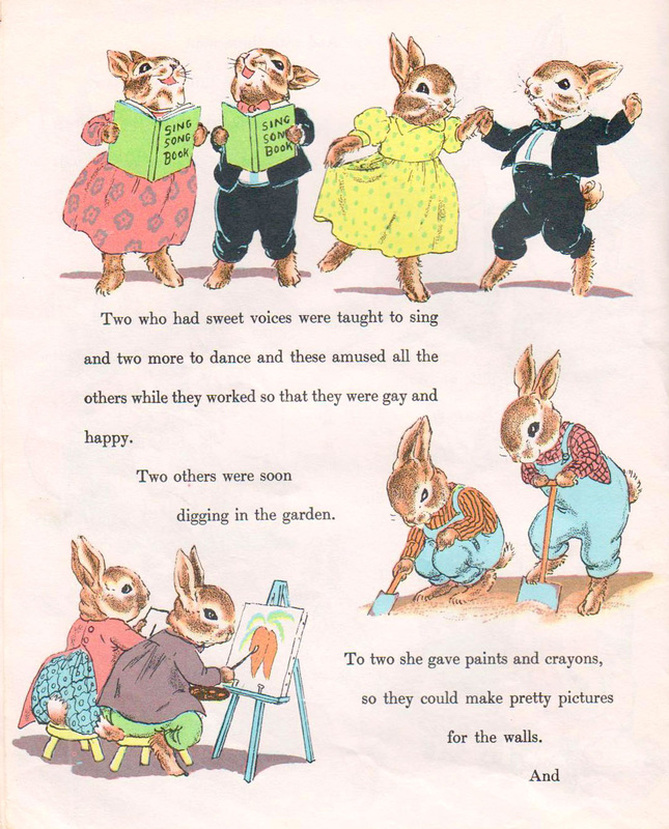
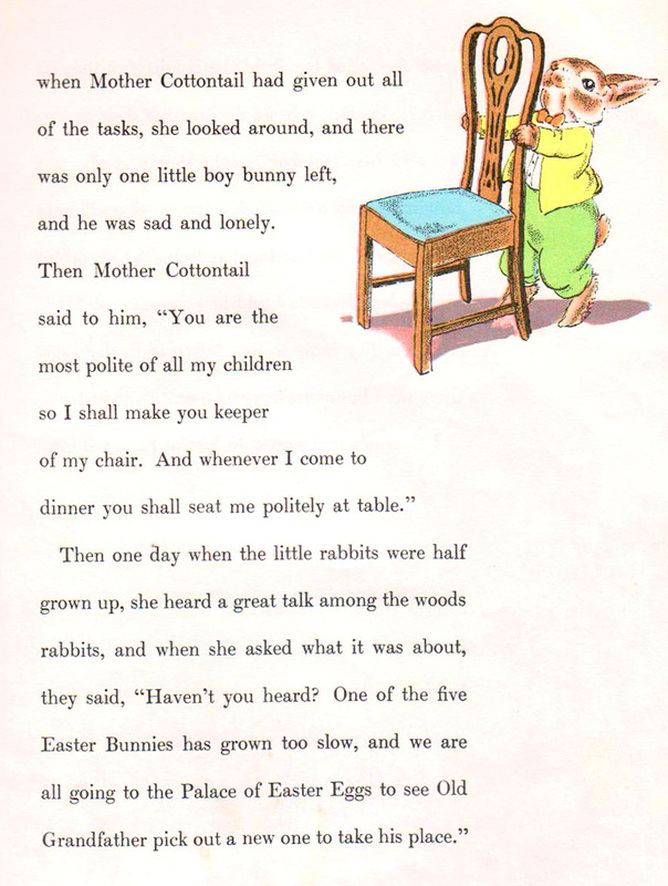
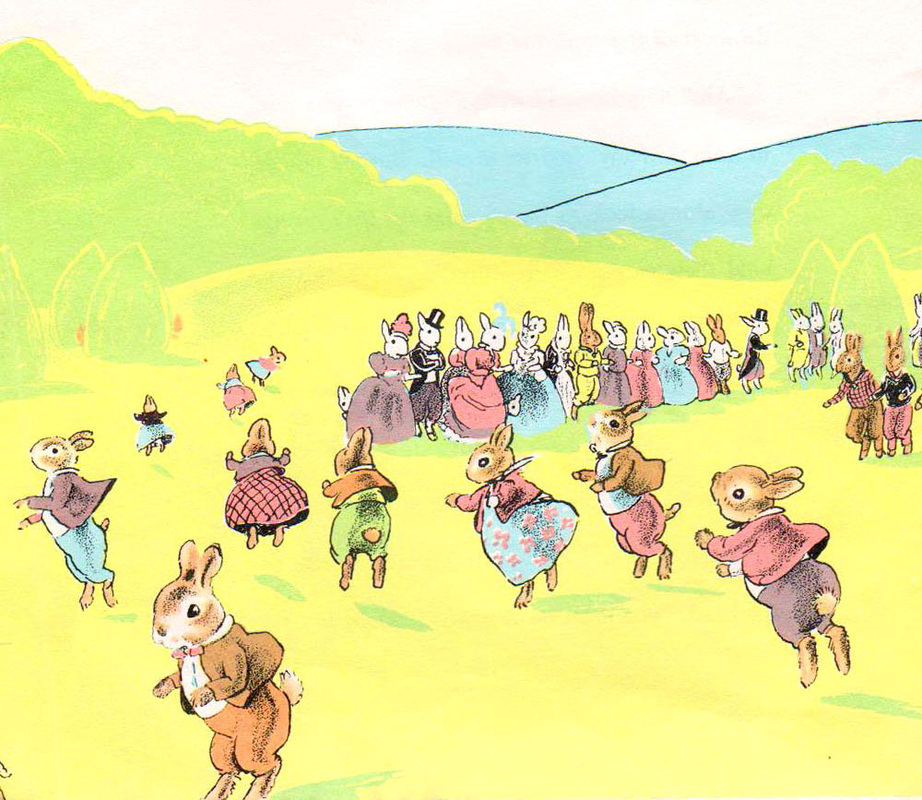
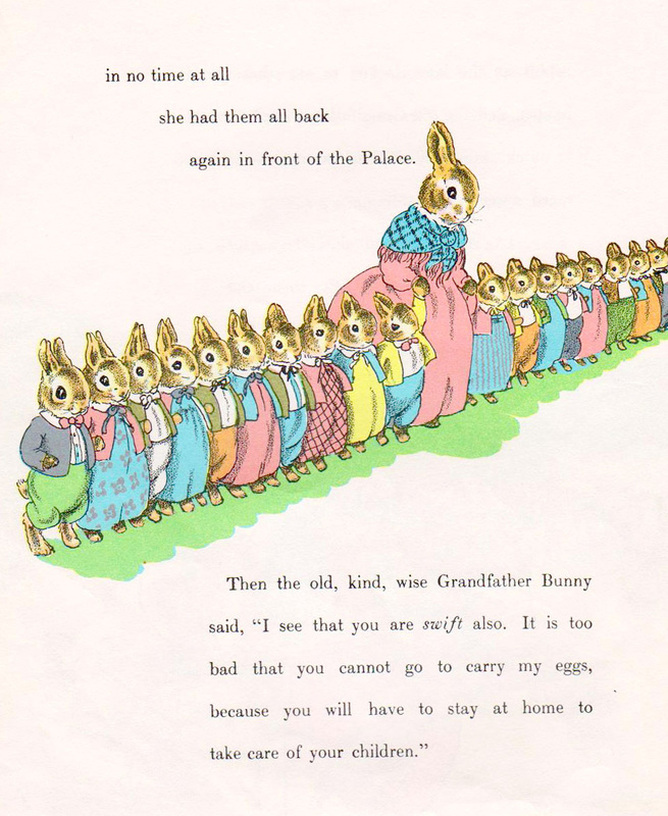
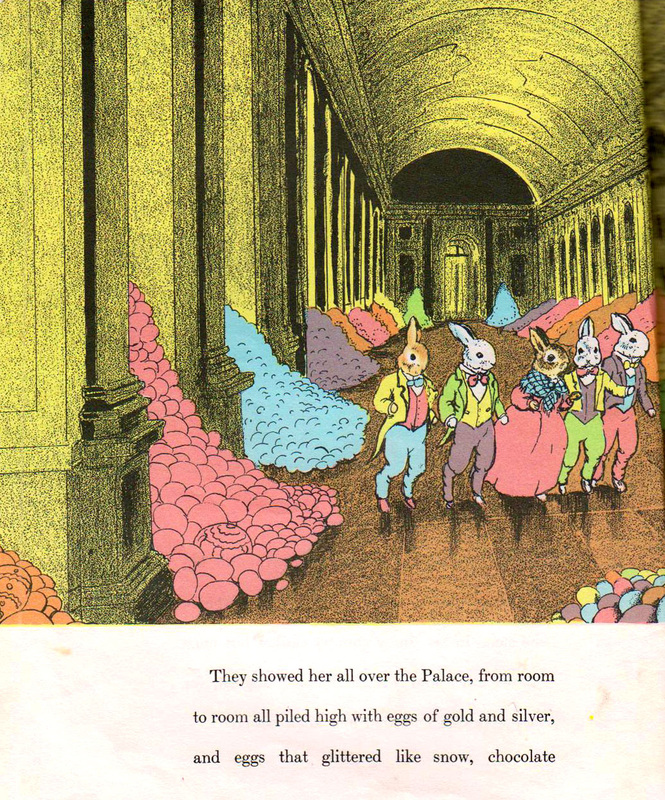
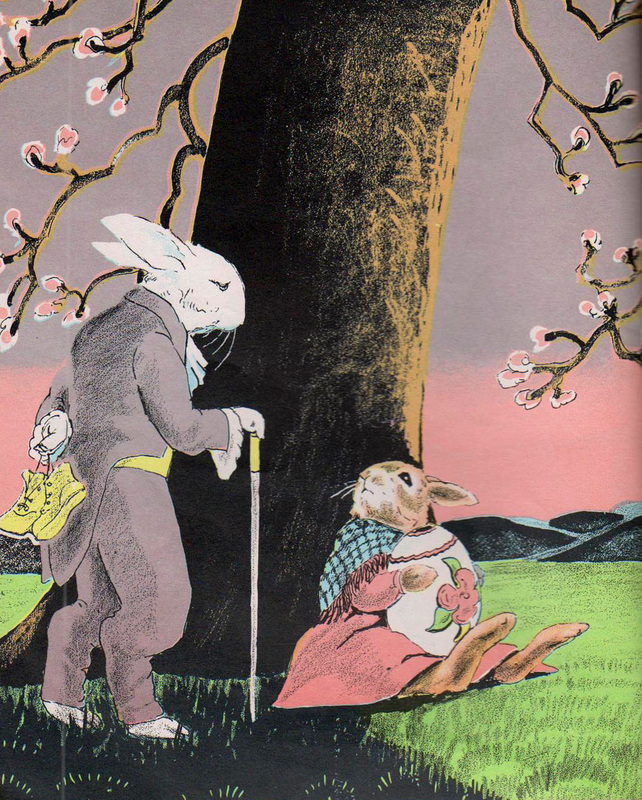
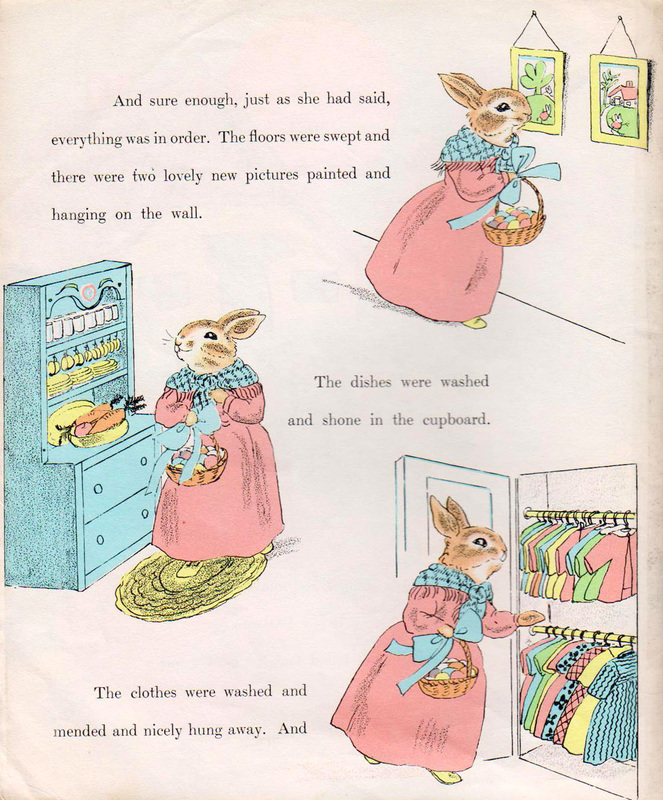
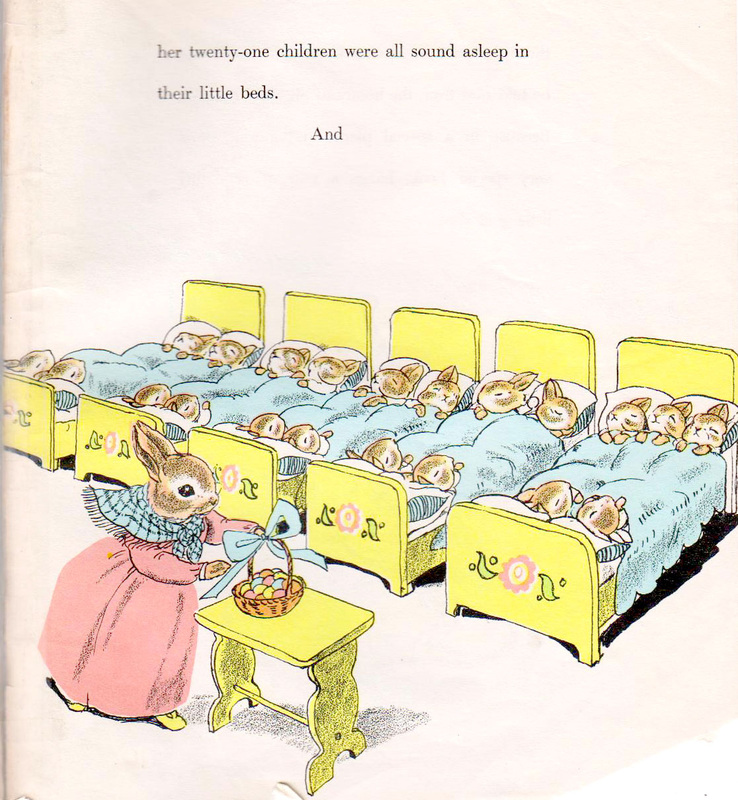
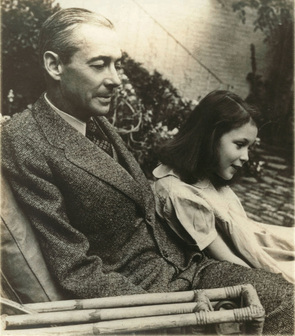
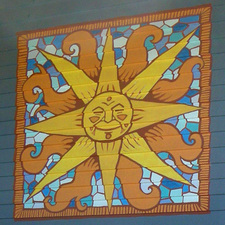
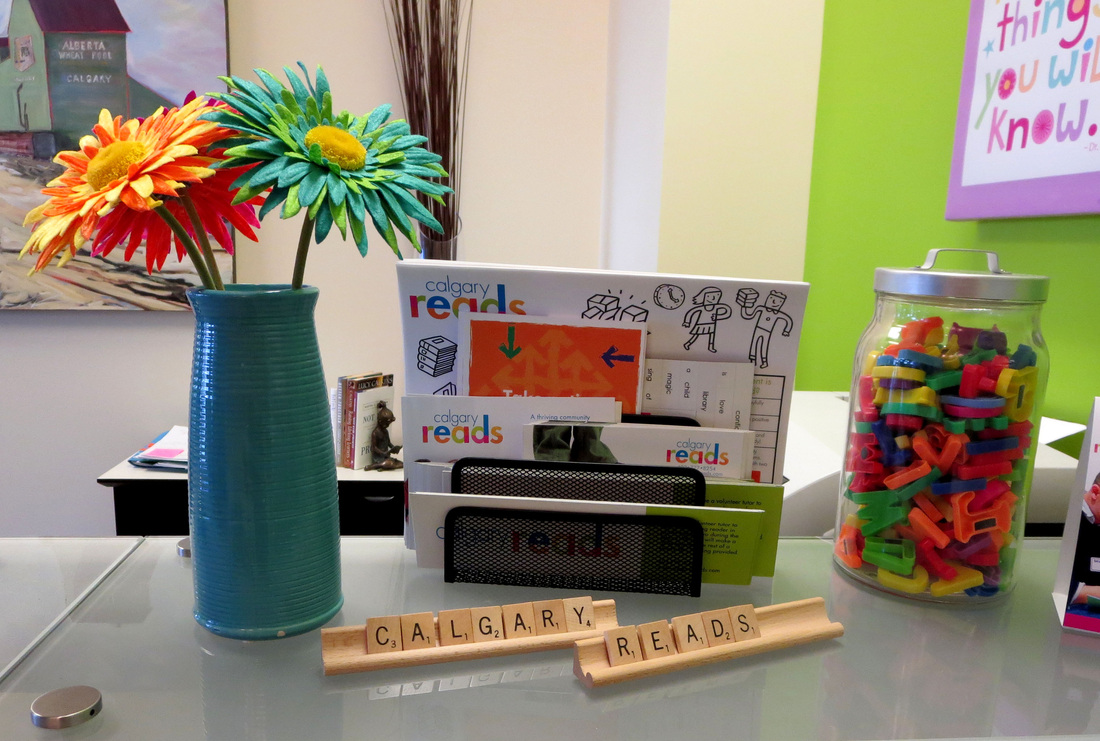

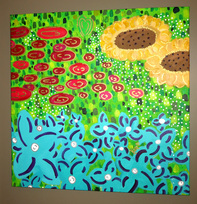
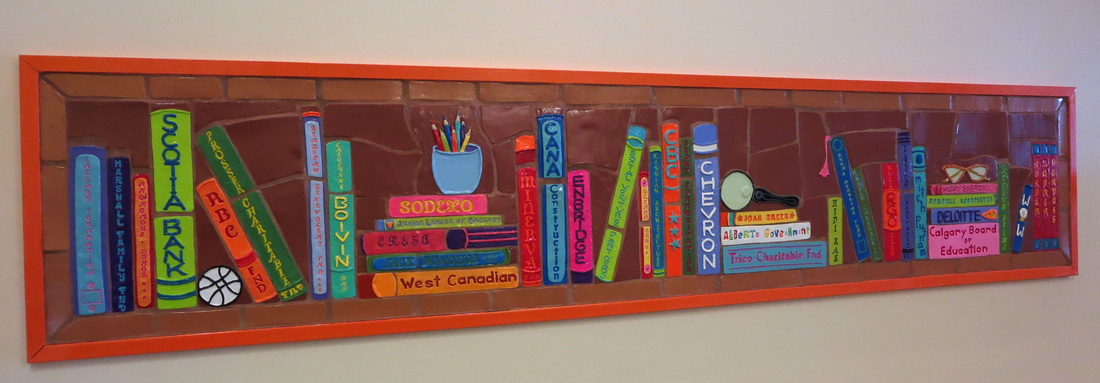
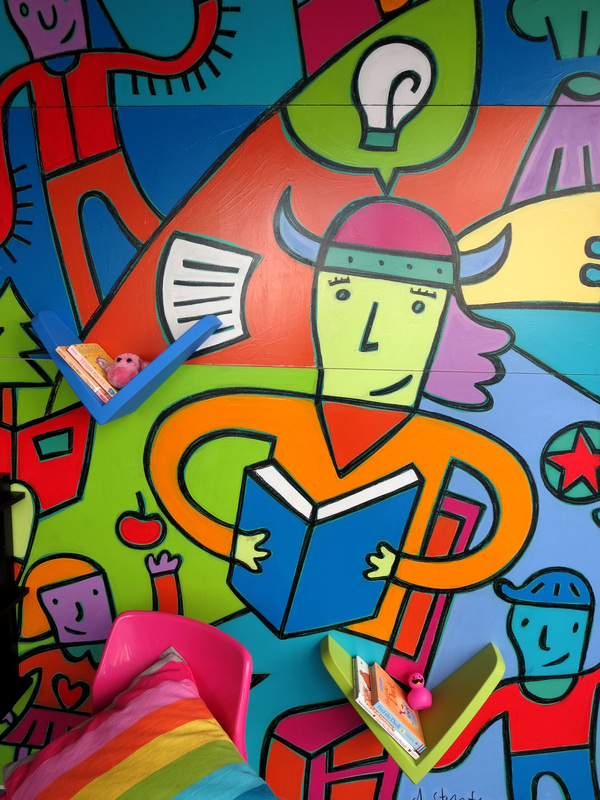
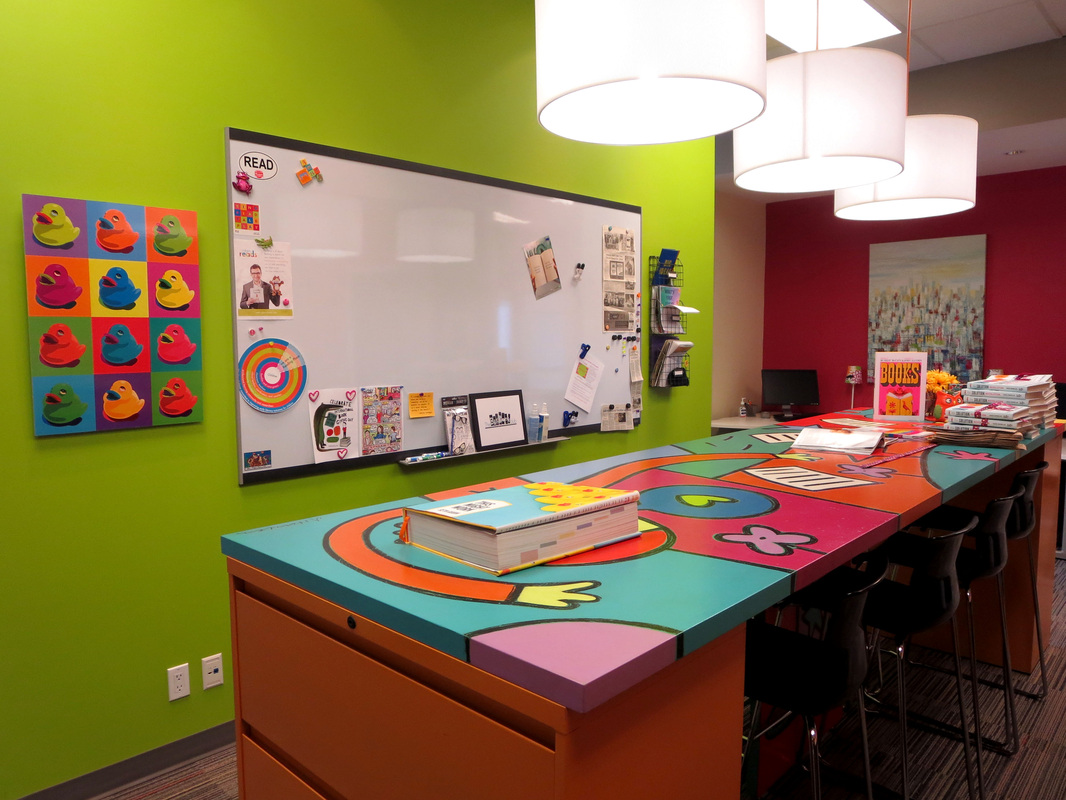
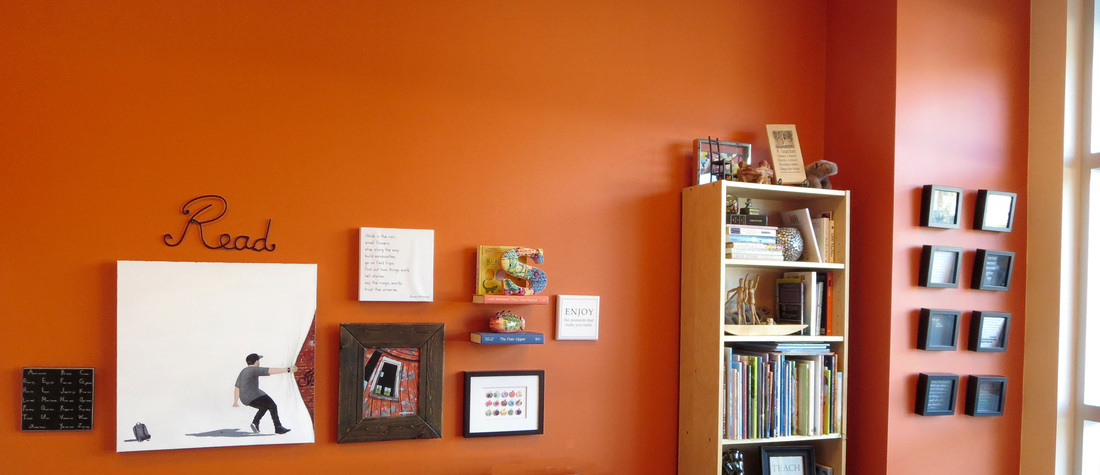
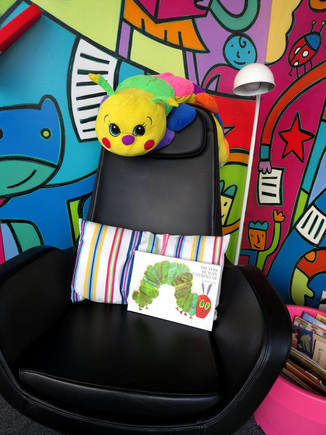
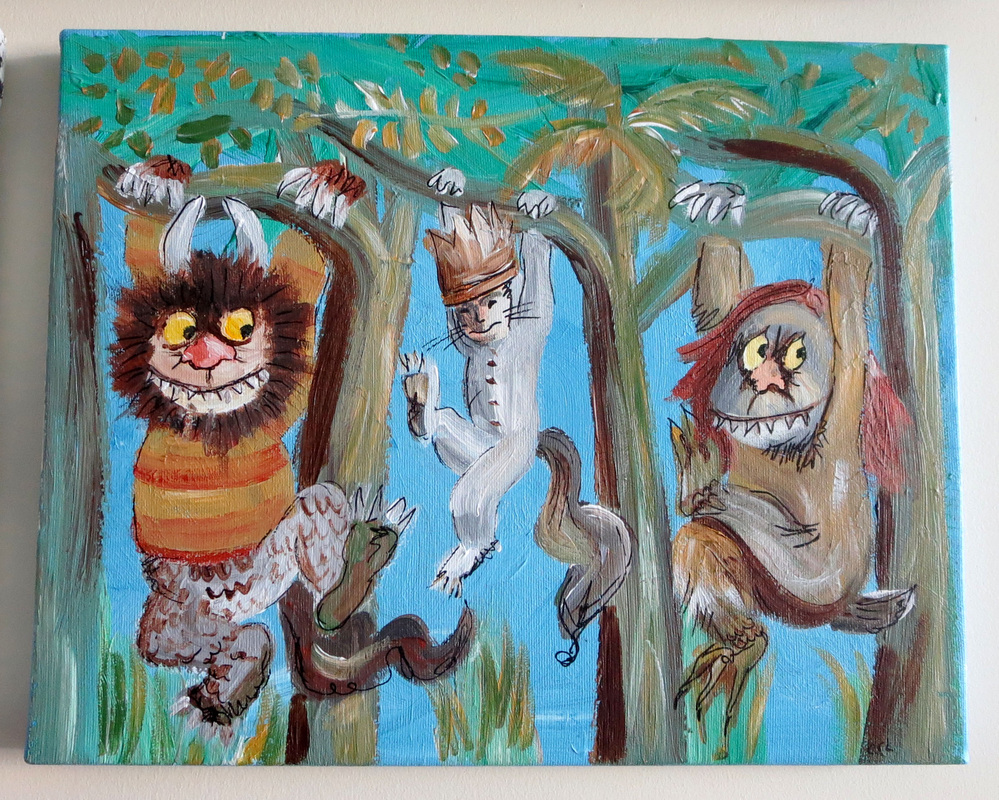
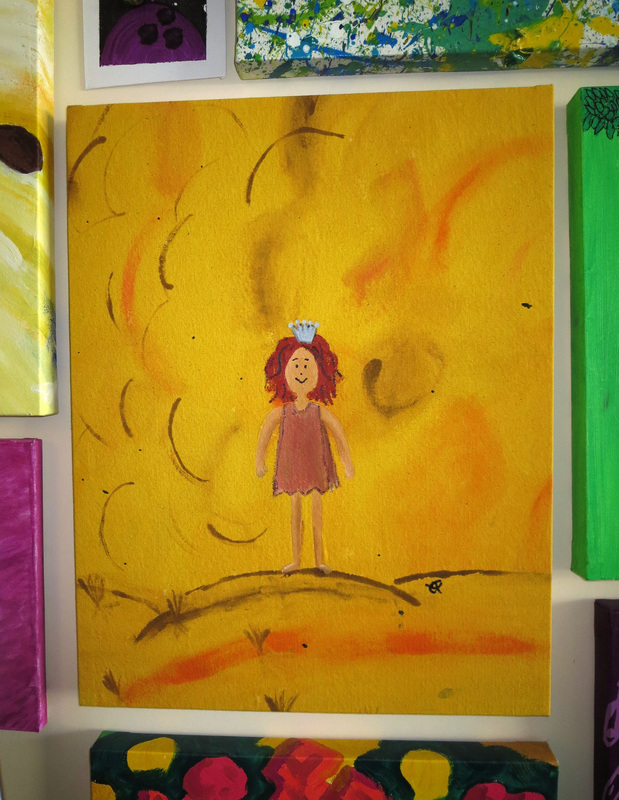
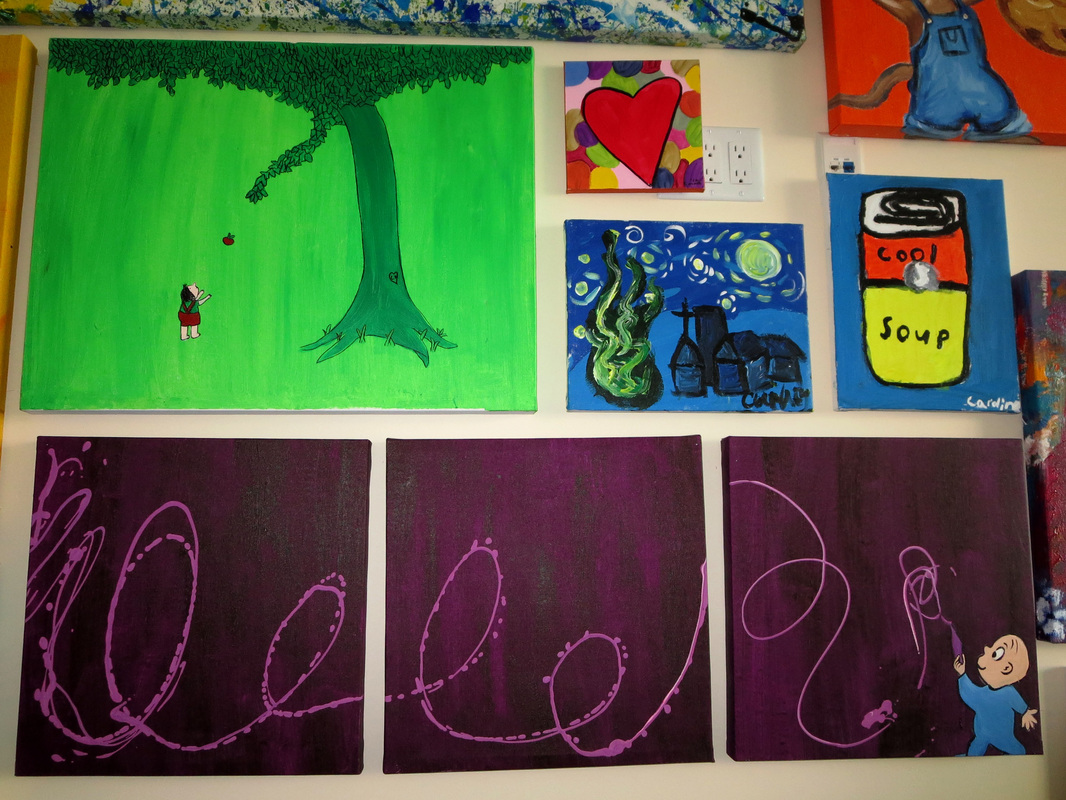
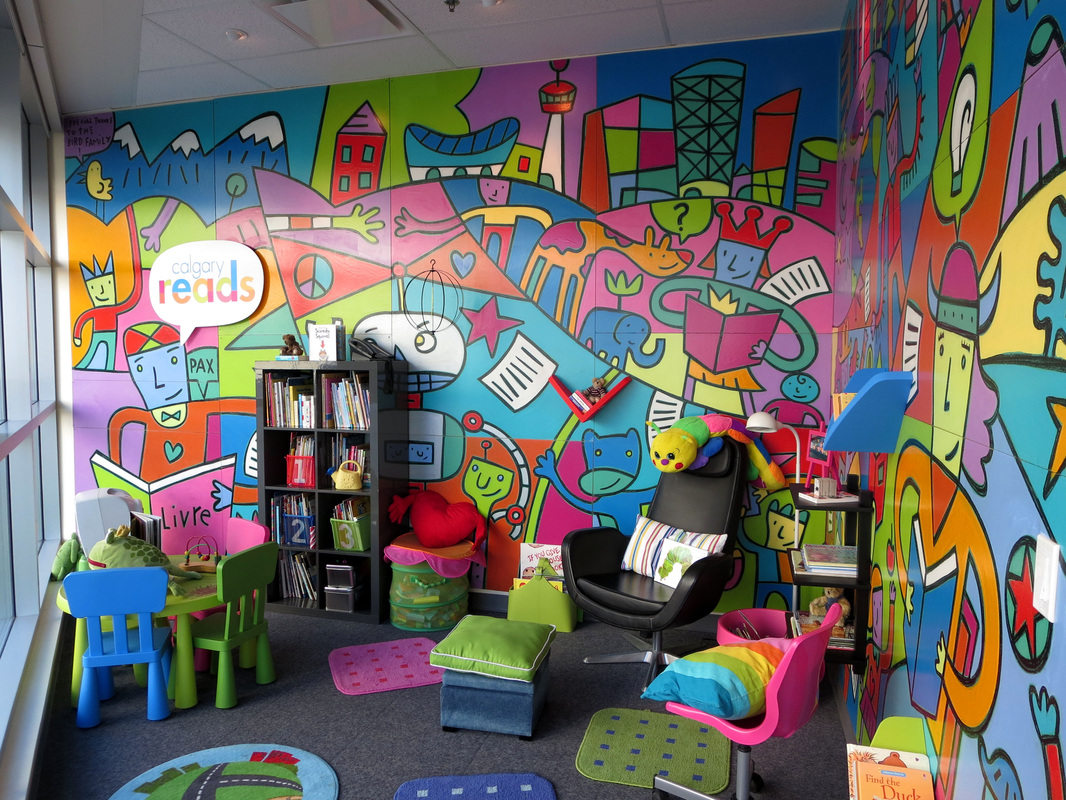
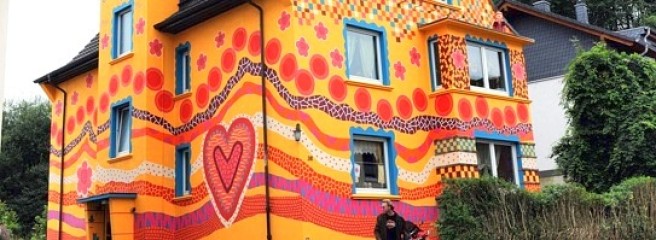
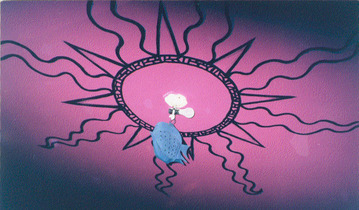
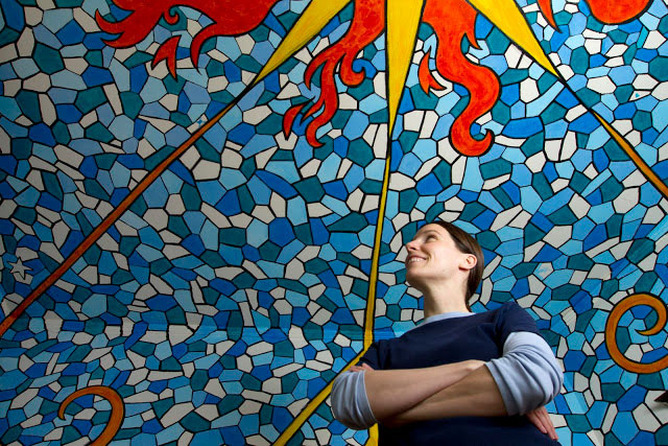
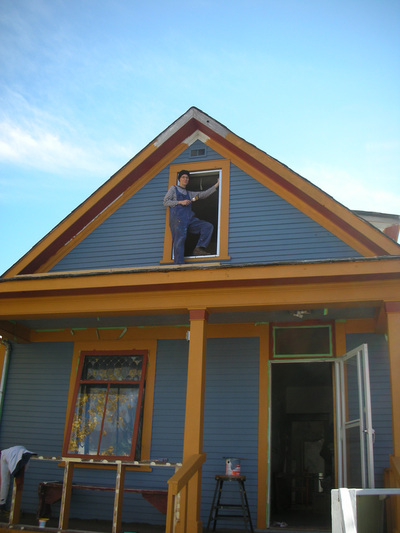


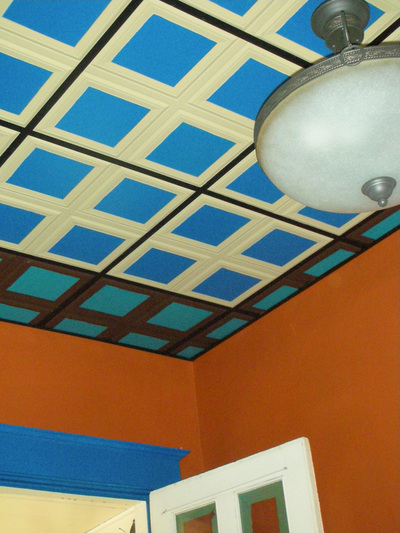
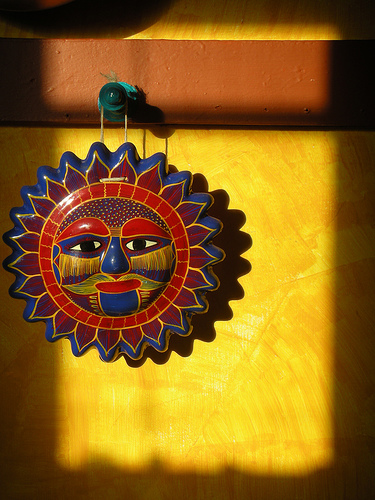

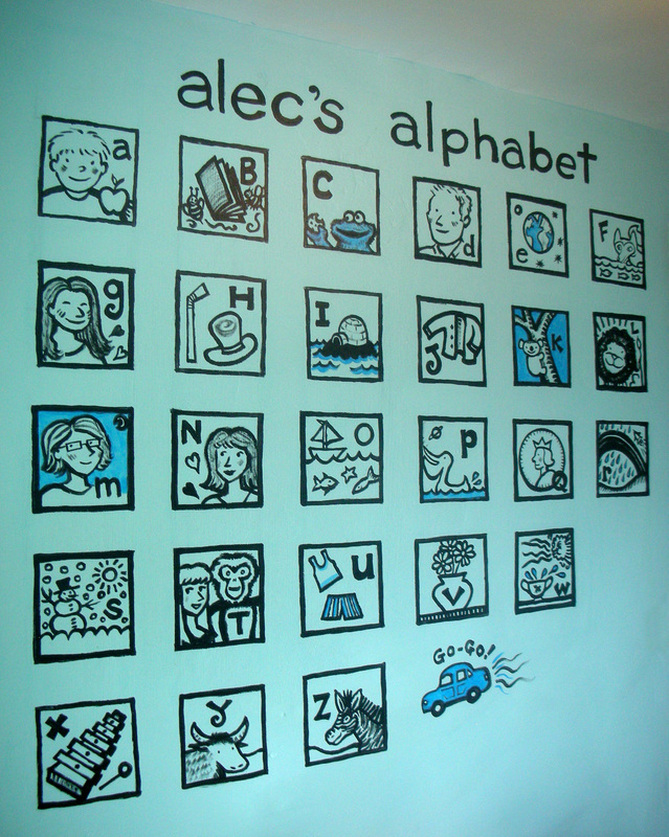

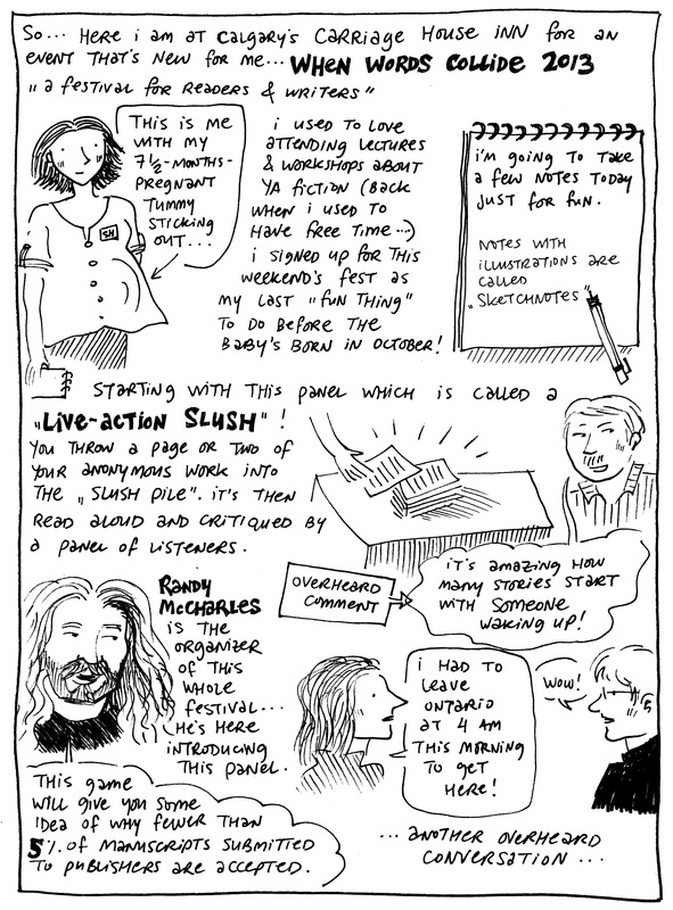
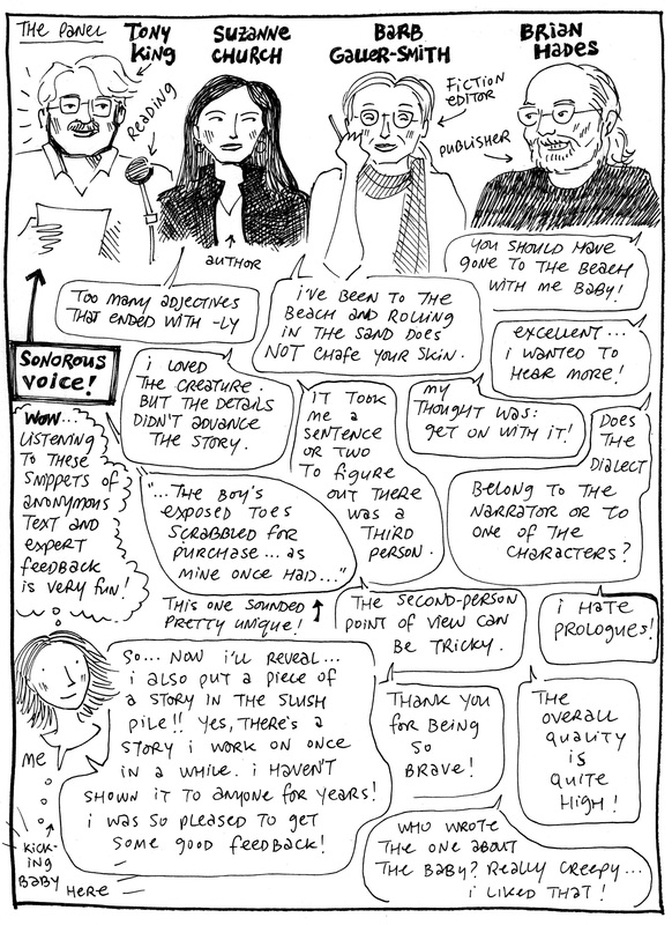
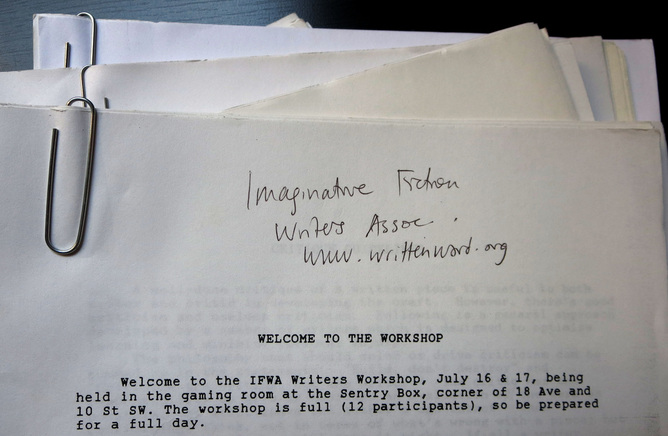



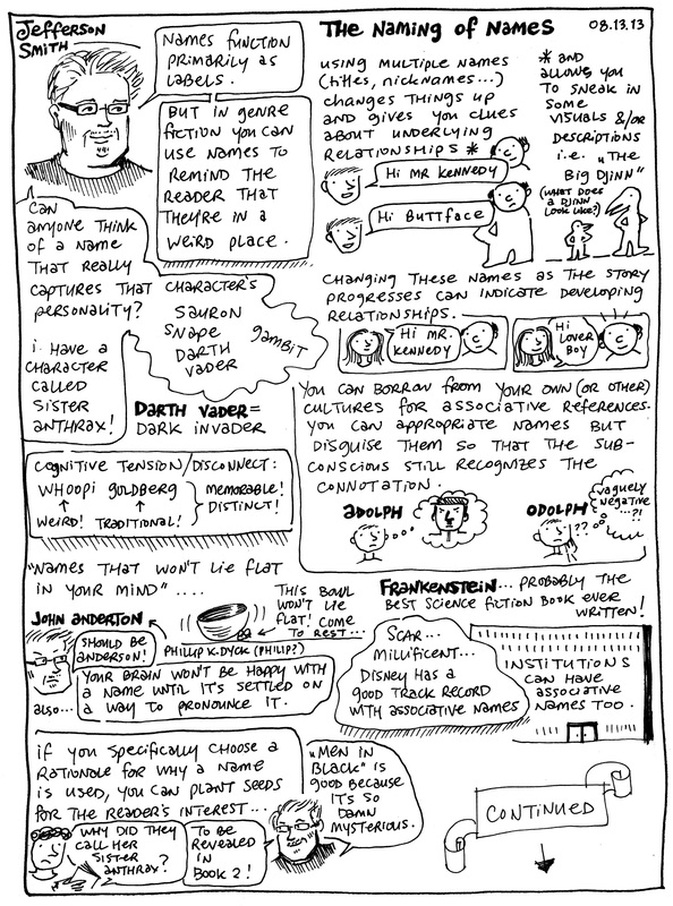
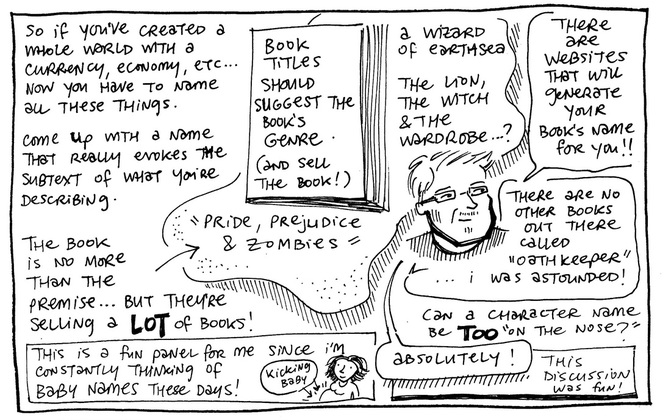
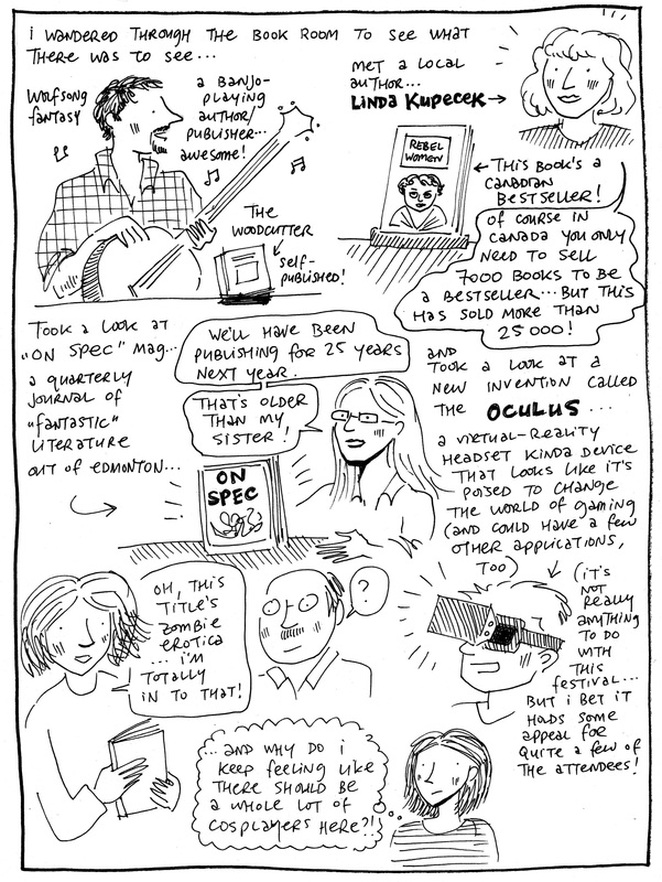
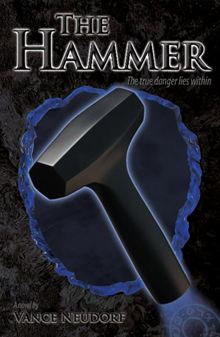
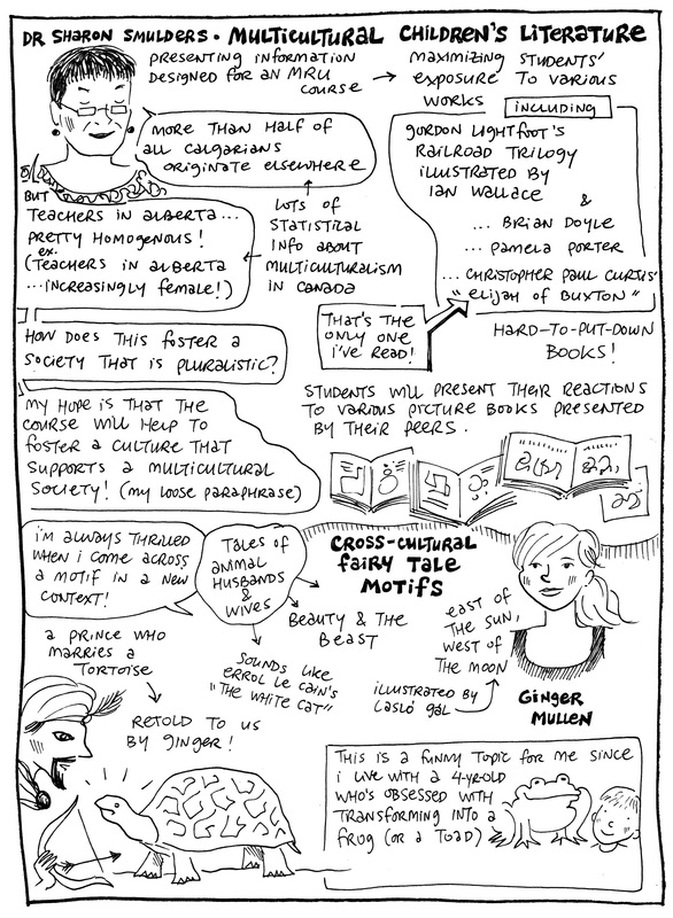
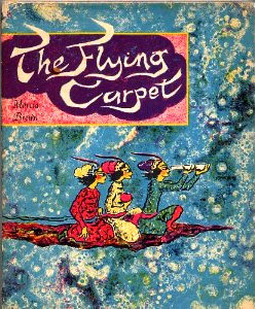
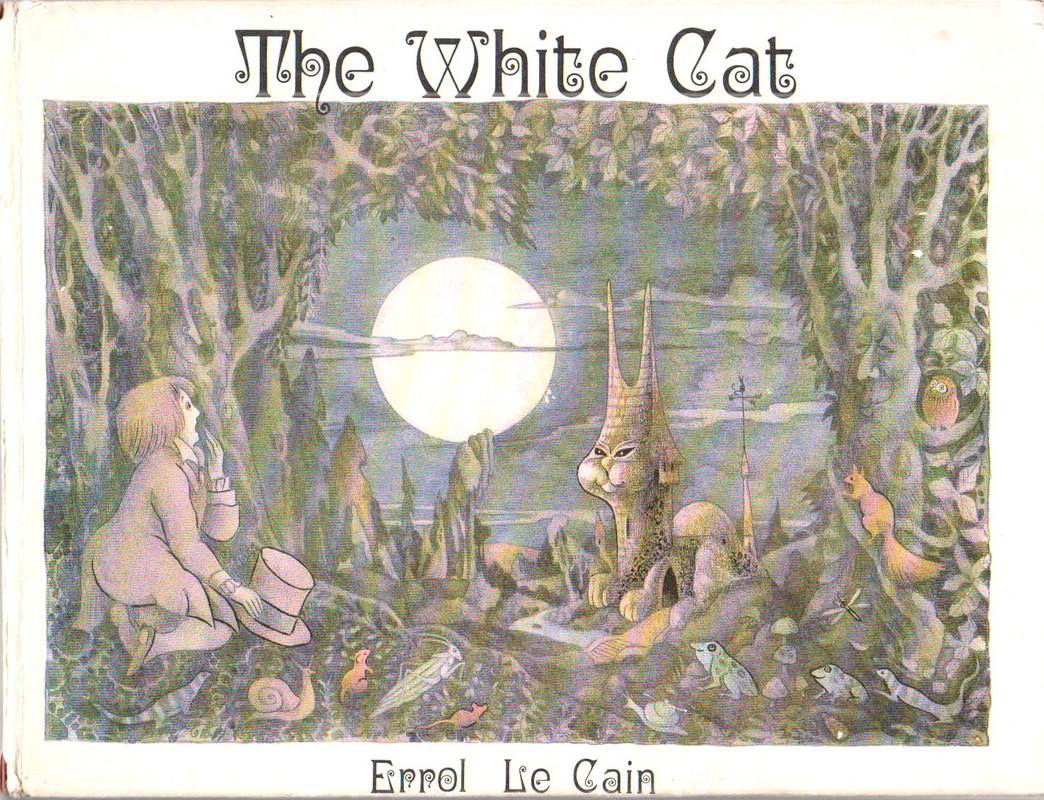
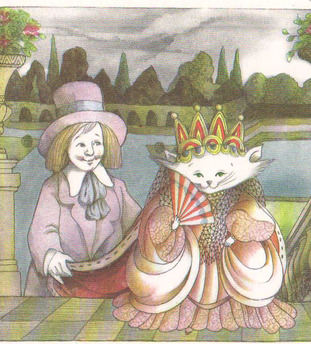
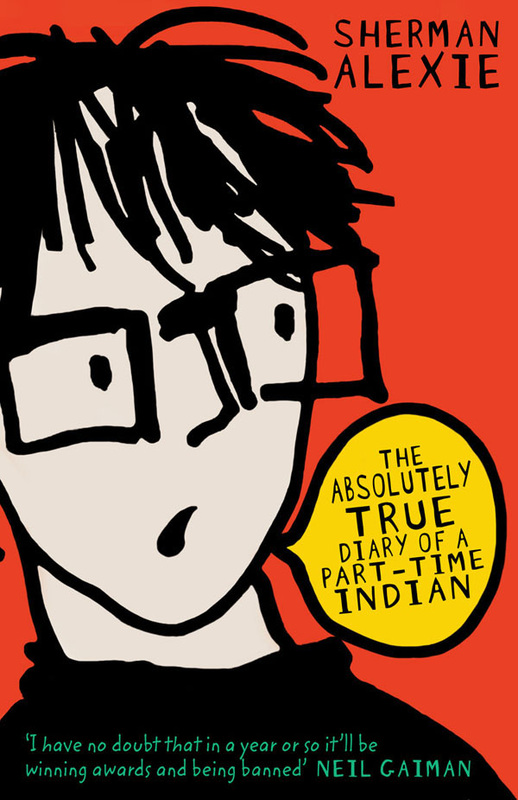
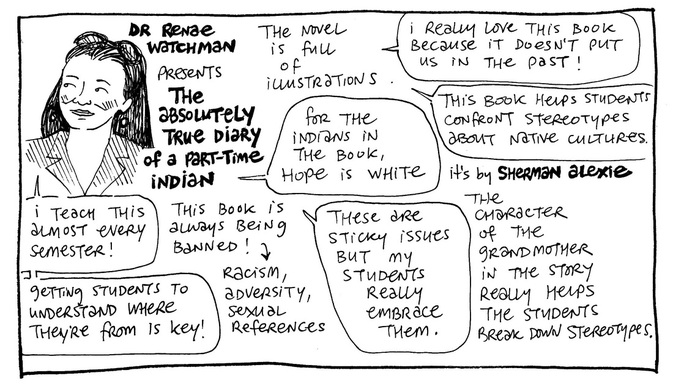
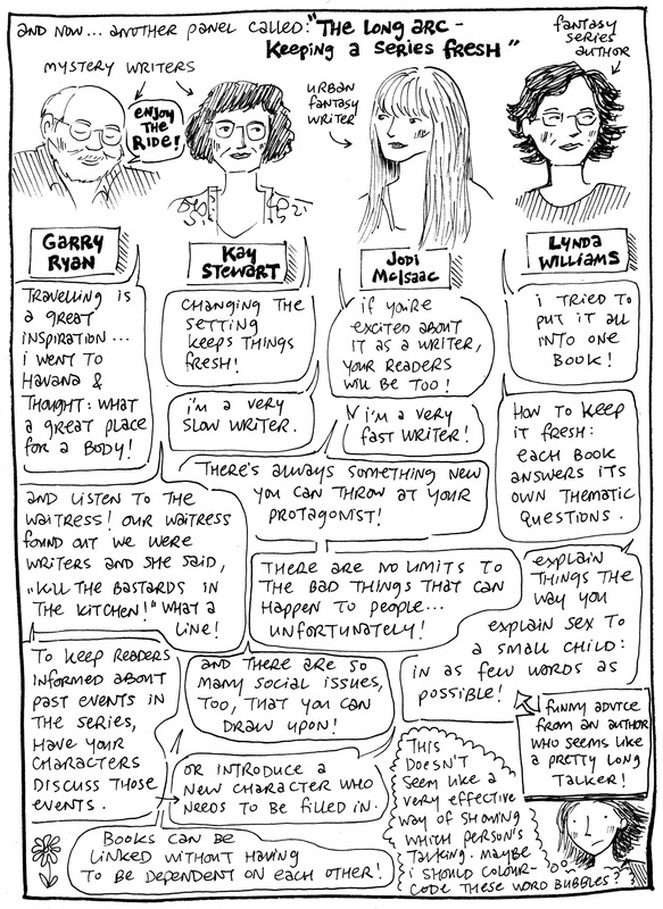
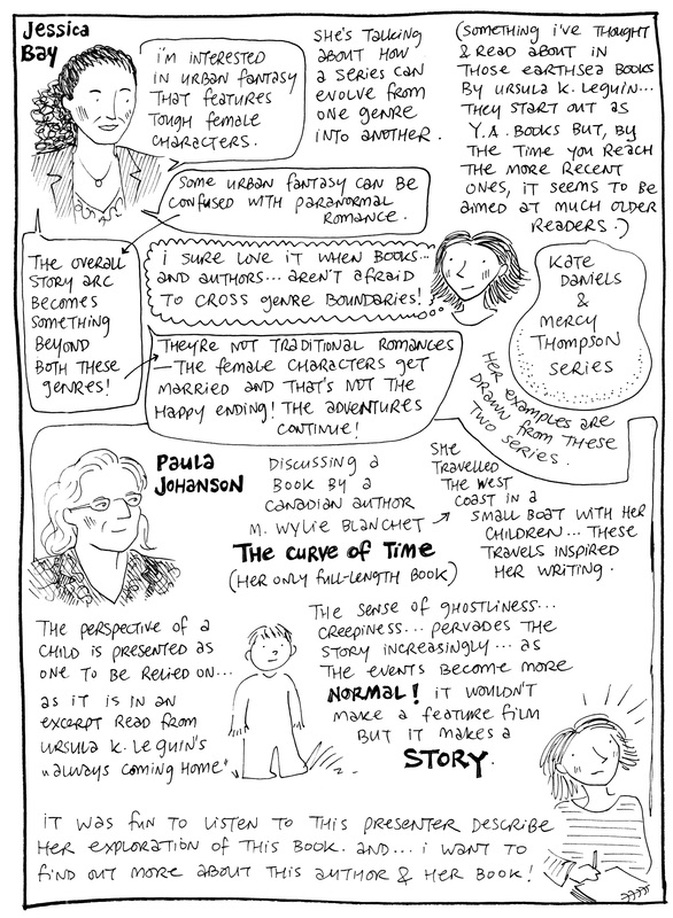
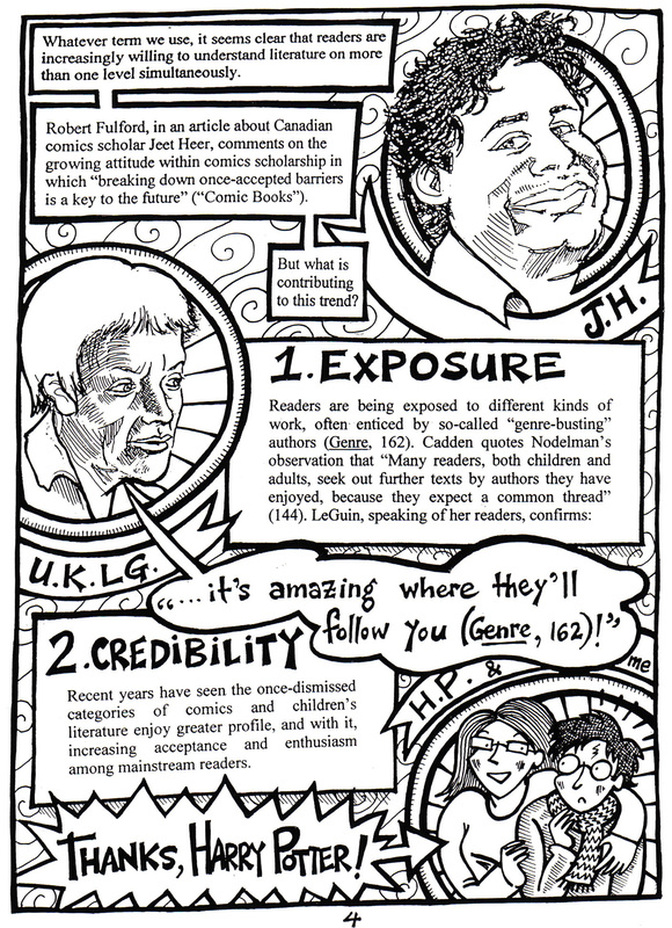
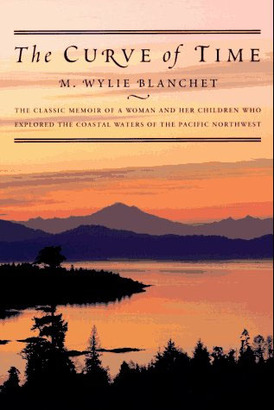
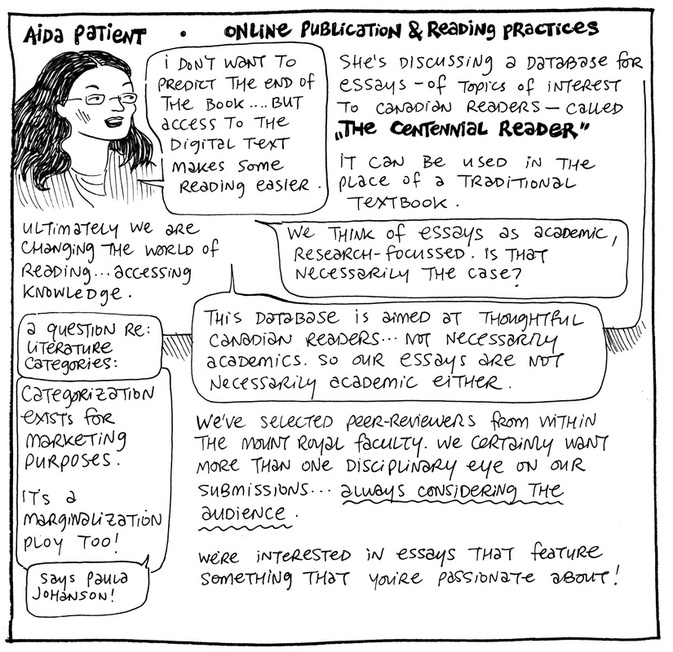
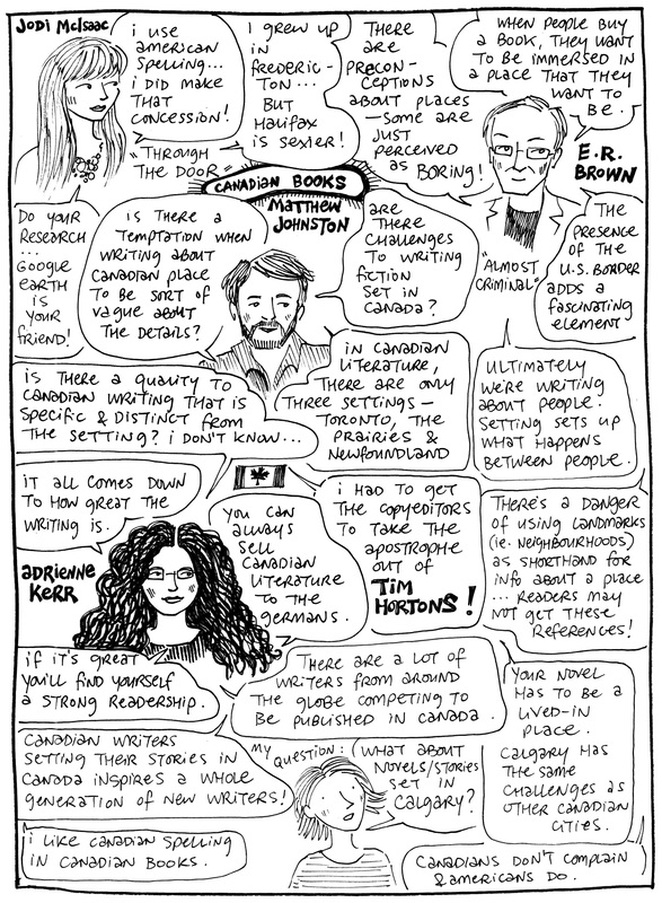
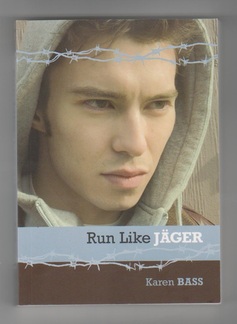
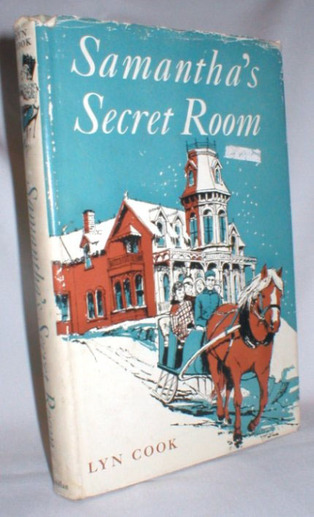
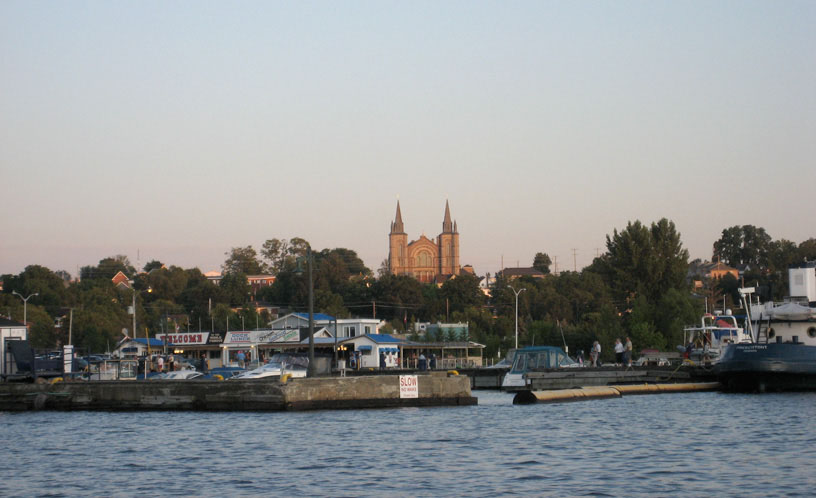

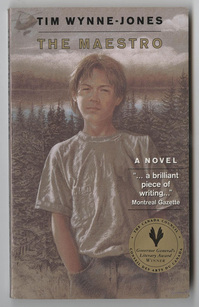
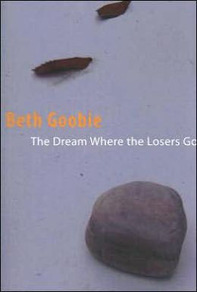
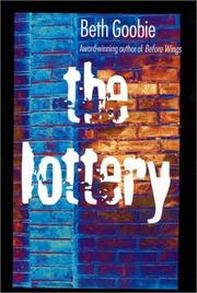
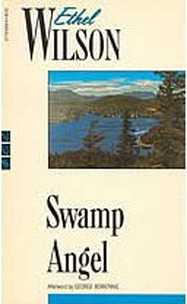
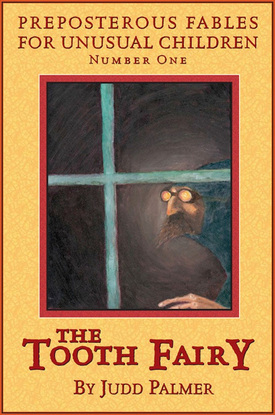
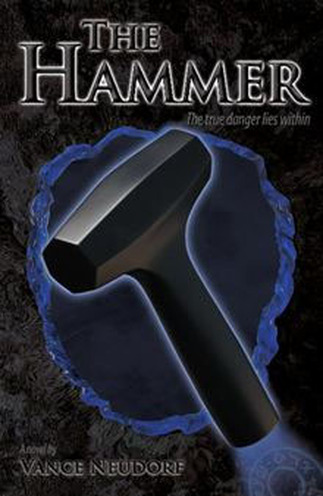
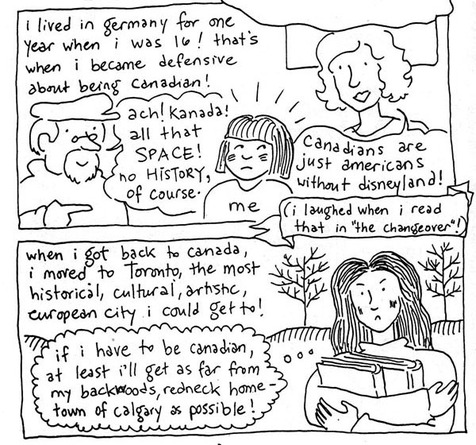
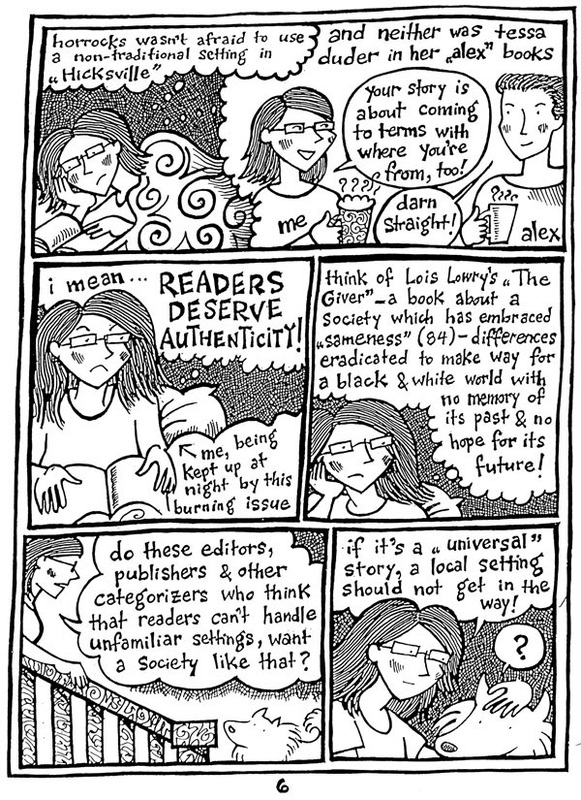
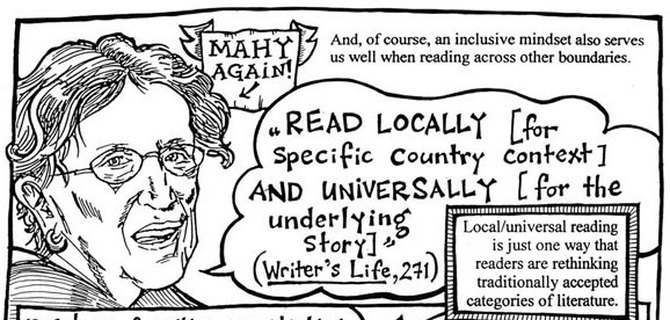
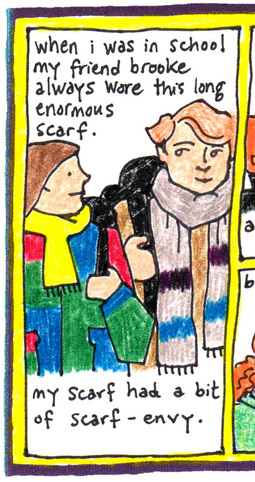
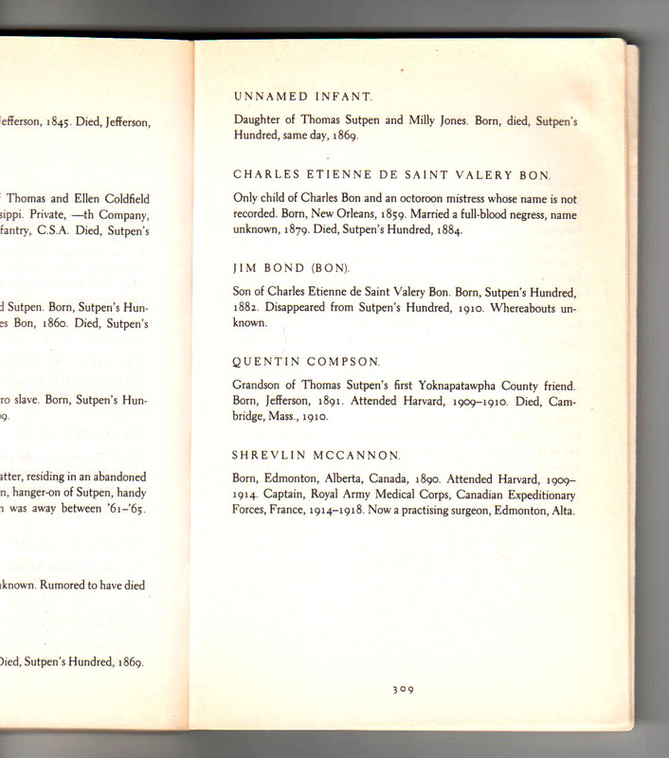
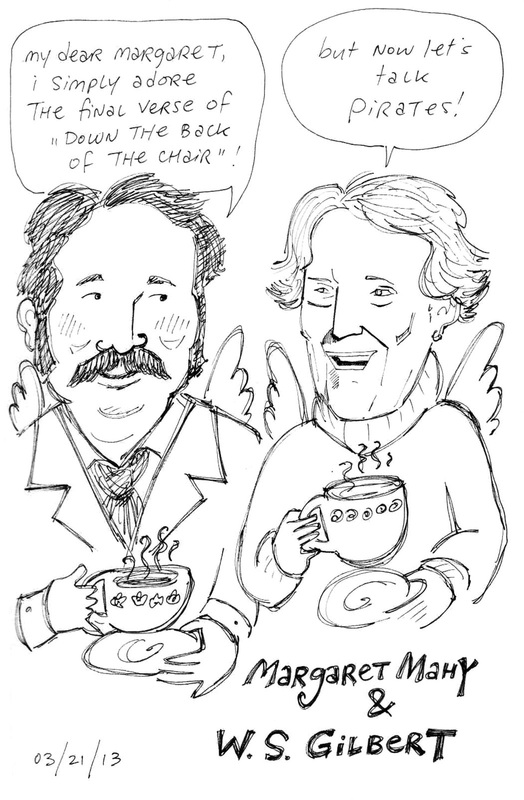
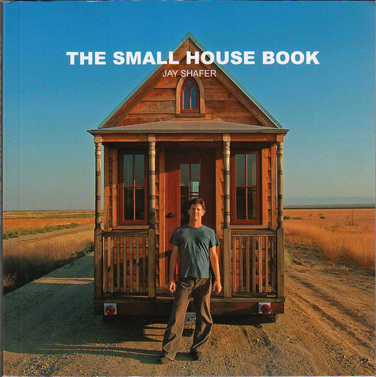
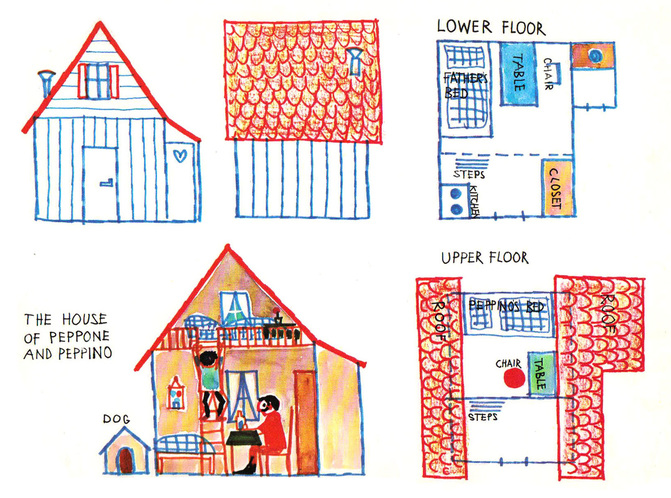
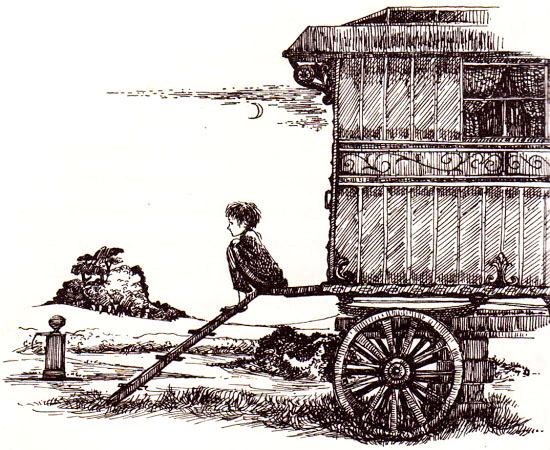
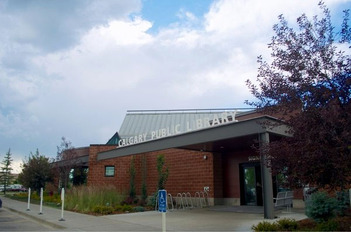
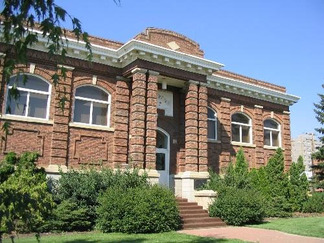
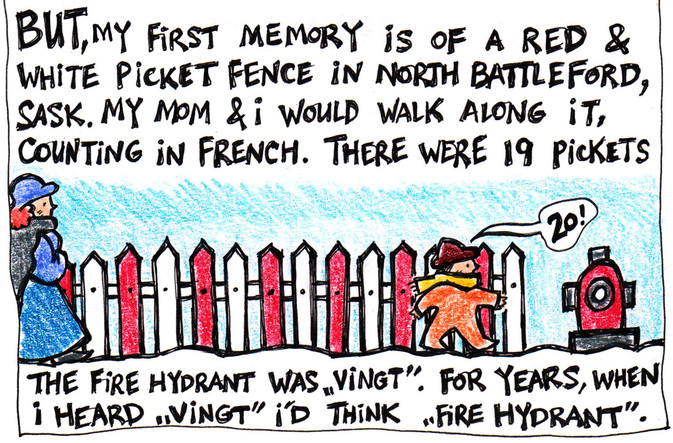
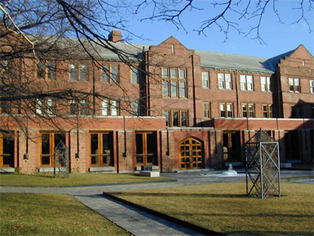
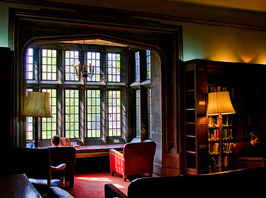
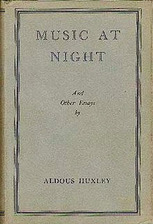
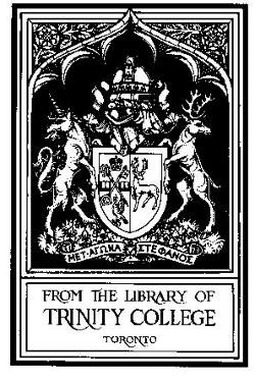
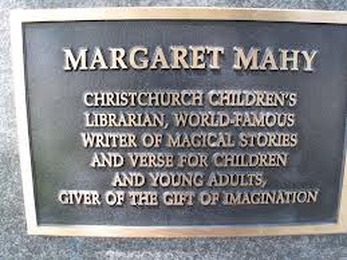
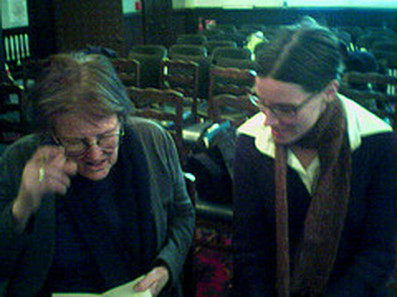
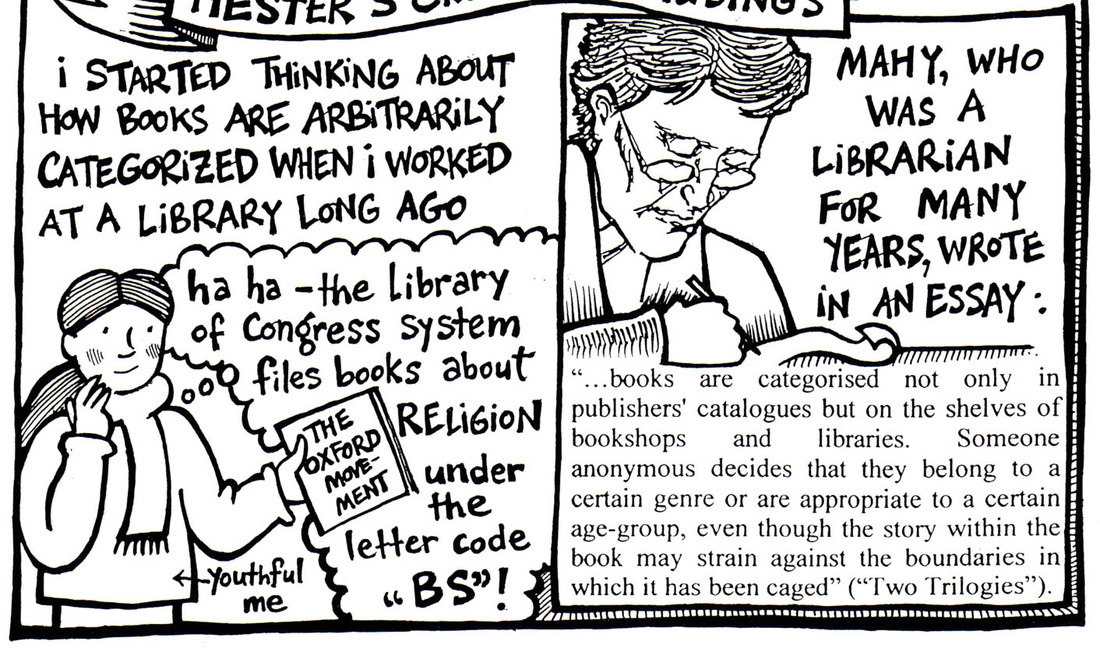
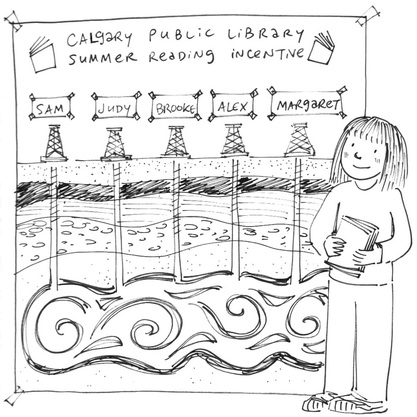
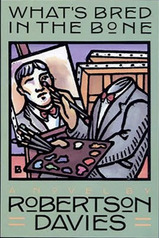

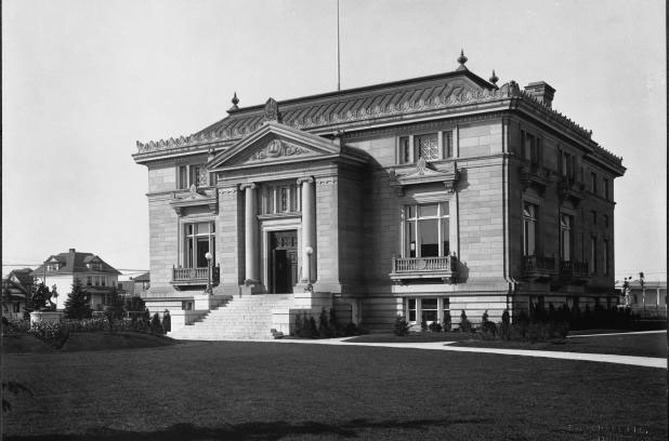
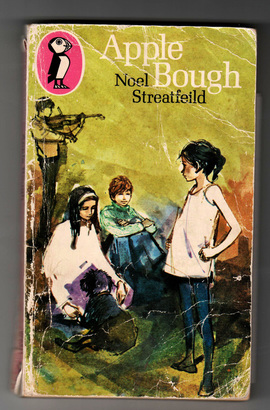
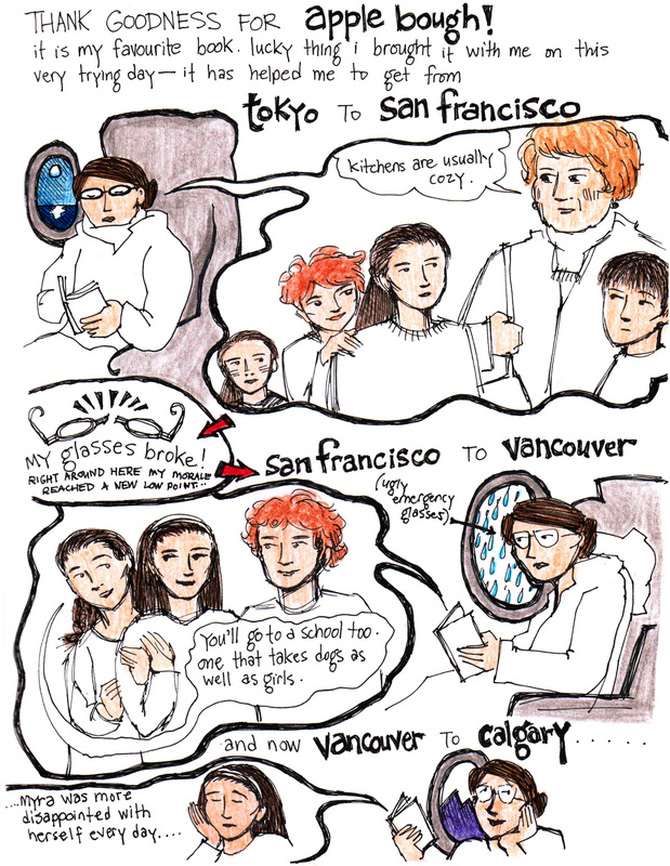
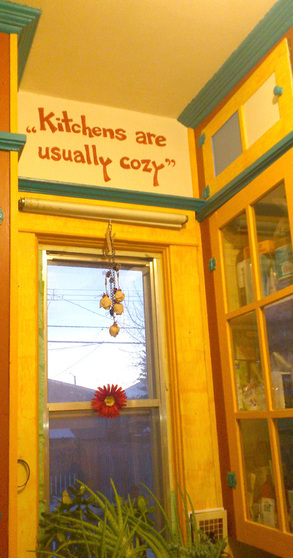
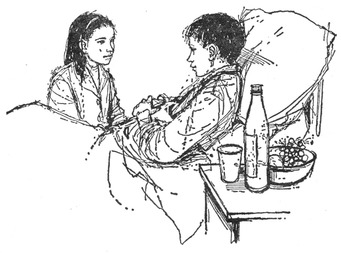
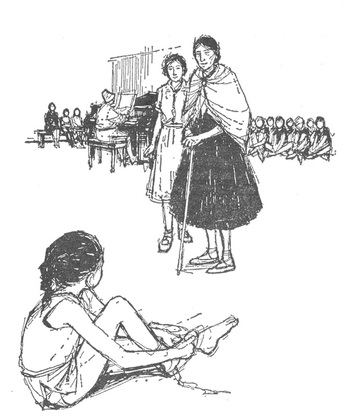
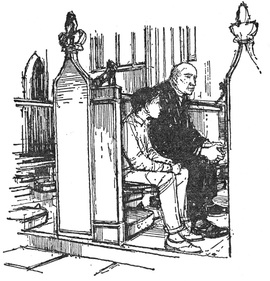
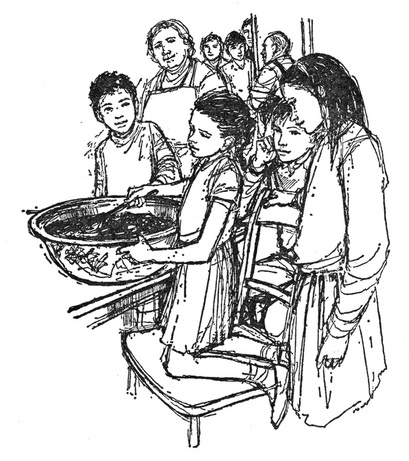
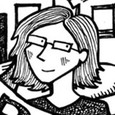
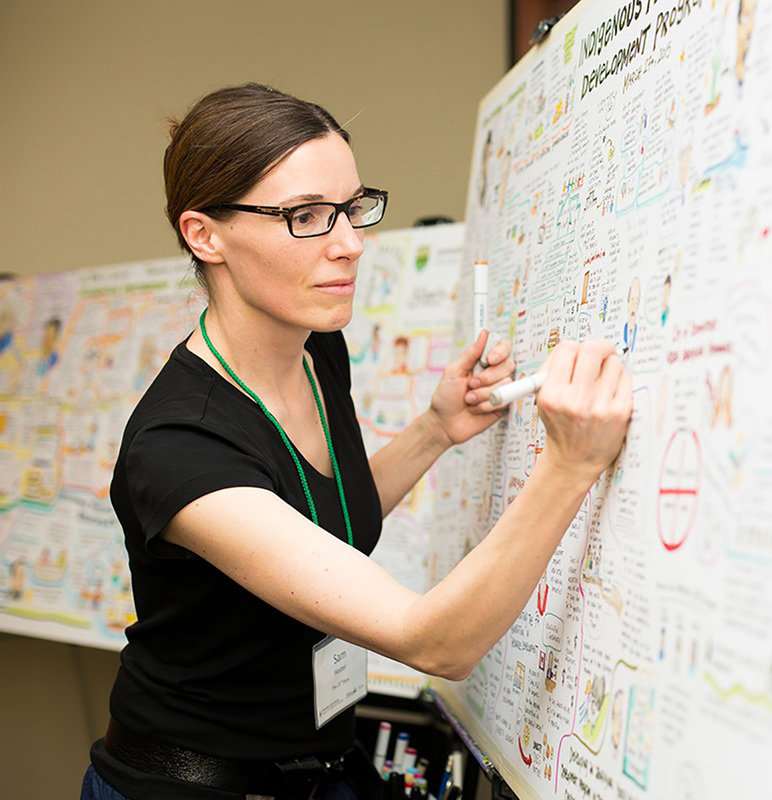
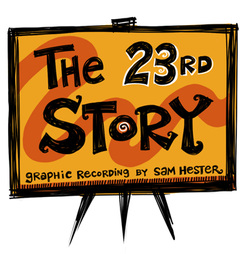
 RSS Feed
RSS Feed